State of California Short-Term Rental Regulations
Short-term rental regulations vary depending on the location and may include zoning laws, occupancy and safety standards, taxation, licensing, and insurance requirements review our guides for more information specific to your city.
Reviewed by Derick Hargrave
Last updated September 10, 2023
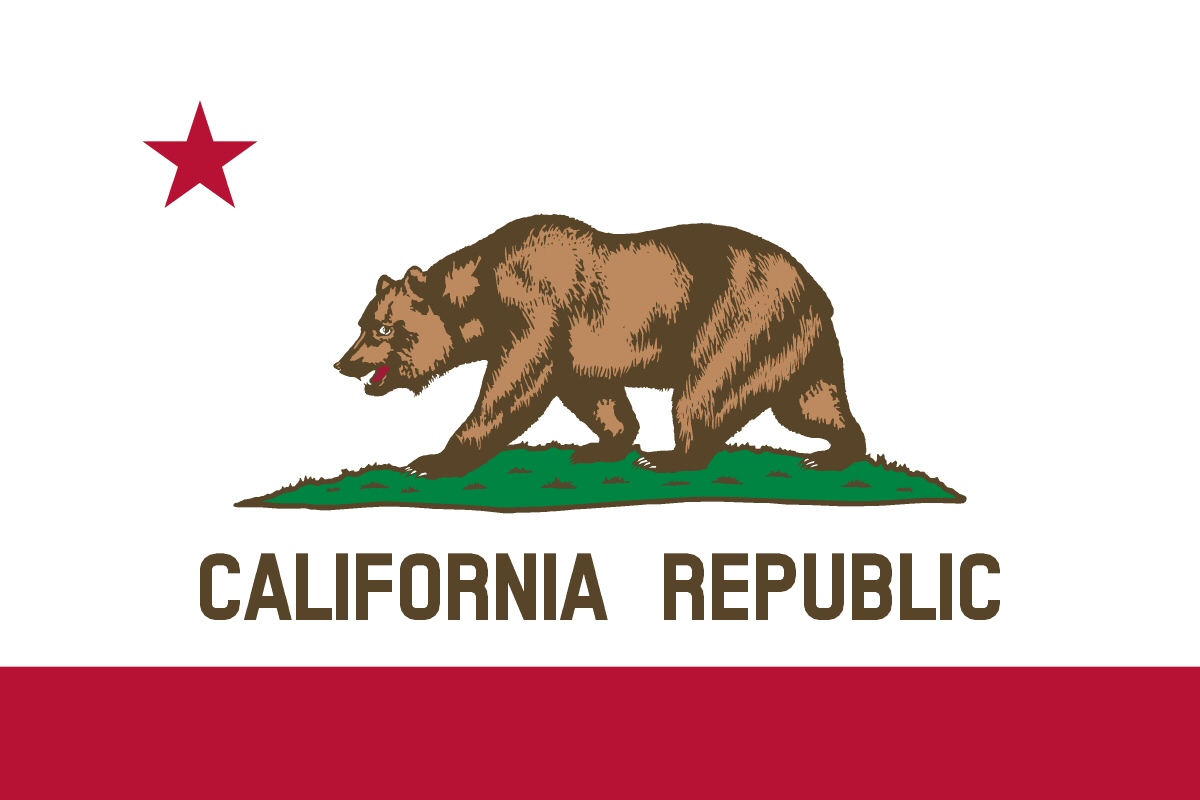
Overview of California Short-Term Rental Regulations
Information is maintained by the community to provide helpful insights and links to local regulations, HostScouts does not provide legal or investment advice.
Are you looking to rent out your property in California on a short-term basis? With its year-round sunny weather and abundance of popular tourist destinations, the Golden State attracts visitors from around the world. Renting out your home, condo, or apartment to vacationers can be lucrative. But before listing your property, it's important to understand the patchwork of rules and requirements for short-term rentals across cities and counties in California.
Defining Short-term Rentals in California
This section will cover key factors that distinguish short-term rentals from other types of rentals in California.
What is Considered a Short-term Rental
In California, a short-term rental generally refers to a residential property that is rented out for less than 30 consecutive days. This includes vacation rentals booked through platforms like Airbnb, VRBO, and HomeAway. The transient nature of these short stays differentiates them from long-term rentals with leases of a year or more.
Short-term rentals are also distinct from home shares, which involve the primary resident remaining on-site with guests. While home shares may fall under short-term rental regulations in some areas, exceptions are often made to accommodate this type of arrangement.
Geographically, short-term rental rules can vary across different jurisdictions. Some regulations only apply within certain neighborhoods or zoning districts. Make sure to check the local laws for the specific city, county, and neighborhood where your rental property is located.
Rental Period Length
To qualify as a short-term rental in California, the maximum length of stay is typically 30 consecutive days or less. However, some cities and counties have exceptions for longer reservations up to 90 days, provided there are no back-to-back bookings.
For example, Los Angeles limits short-term rentals to 120 days per year, but guests can book stays up to 90 days if another reservation is not booked immediately before or after. Different rules apply in San Francisco, where the rental period cannot exceed 30 nights.
Be sure to check the exact rental period limits in the jurisdiction where your property is located. Exceeding these thresholds could result in steep fines and penalties in some areas.
Types of Rentals
Short-term rental regulations apply to a range of property types when rented for temporary stays. This includes:
- Apartments
- Condos
- Single-family homes
- Bed and breakfasts
- Cottages
- Cabins
In some areas, rules may differ for hosted home shares versus entire unit rentals when nobody from the household is present. Regulations also vary for primary residences compared to vacation properties that do not serve as the owner's full-time abode.
Geographic Oversight
Short-term rental oversight happens at multiple levels in California:
- Statewide laws - The Department of Business Oversight oversees registration of booking platforms.
- Counties - Some rural counties have vacation rental ordinances.
- Cities - Many urban cities enact their own short-term rental policies.
- HOAs - Some homeowners and condo associations prohibit short-term rentals.
Be aware of regulations at each geographic level that could apply to your rental property. In some cases, local rules may be stricter than state laws.
Starting a Short-term Rental Business in California
This section covers key steps for hosts getting started with short-term rentals in California.
Registration
Several popular tourist destinations in California require short-term rental hosts to register with the city annually. This includes San Diego, Los Angeles, Palm Springs, San Jose, and Anaheim. Registration procedures help local governments track short-term rentals for zoning and occupancy tax purposes.
The registration process usually involves submitting an application with details on the rental property, local contact information, and a registration fee. Approved registrations are valid for 1-2 years before requiring renewal.
Licensing
Some areas of California require short-term rental operators to obtain a license or permit. For example, the city of Oceanside issues annual short-term lodging licenses. In Palm Springs, short-term rental permits must be renewed every 5 years.
Licenses are tied to the host and property location. Operating without a valid permit can lead to citations and fines from code enforcement. Be sure to check licensing requirements in your jurisdiction before listing your property.
Application Process
The registration or licensing application for short-term rentals typically requires:
- Property address
- Type of rental (apartment, condo, house, etc.)
- Number of bedrooms
- Maximum occupancy
- Proof of property ownership or permission from landlord
- Onsite emergency contact information
- Planned rental periods and booking platform(s)
- Payment of application fee
Having all required documentation ready will help streamline the approval process. Most applications are submitted online for convenience.
Getting Started Tips
Here are a few tips for an easy launch as a short-term rental host:
- Read up on your area's local rules and limitations.
- Consult neighbors beforehand to avoid nuisance complaints.
- Collect transient occupancy taxes to remit to the city.
- Display your registration or permit number in all listings.
- Purchase proper home-sharing insurance coverage.
Taking these preparatory steps will help set up your rental business for success from the start.
Housing Rules and Requirements
This section outlines key regulations and responsibilities pertaining to safety, occupancy, and insurance for short-term rental properties in California.
Occupancy Limits
Local short-term rental ordinances usually specify maximum occupancy limits based on factors like:
- Number of bedrooms
- Number of beds
- Size of the rental unit in square feet
For example, Palm Springs restricts occupancy to 2 people per bedroom, with a maximum of 6 people. The city of Oceanside similarly caps occupancy at 2 per bedroom plus 2 additional overnight guests. Exceeding these limits could result in citations and suspension of rental permits.
Fire Safety
Short-term rental properties must comply with state and local fire codes. This includes having:
- Working smoke detectors in all bedrooms
- Working carbon monoxide detectors
- Operational fire extinguisher(s)
- Proper address markings visible from the street
Some areas may require interconnected smoke alarms, upper-level escape ladders, and fire sprinkler systems. Schedule regular fire safety inspections to identify and address any issues.
Inspections
Many California cities require an inspection of the rental property before approving a short-term rental registration. Standard items checked during an inspection include:
- Functioning utilities and appliances
- Adequate egress and entries
- Smoke detectors
- Carbon monoxide detectors
- Plumbing and electrical systems
- Absence of hazardous materials
Scheduling the inspection appointment as early as possible allows time to address any failed items needing correction before hosting guests.
Insurance
Standard homeowners insurance usually does not cover short-term rentals. California law requires hosts to maintain adequate liability coverage for vacation rentals. Options include:
- Home sharing insurance endorsement
- Commercial or landlord policy
- Umbrella liability policy
- Third-party insurance through rental platforms
Review policies carefully to ensure proper coverage for short-term rental activities, property damage, and injuries to guests.
Short-term Rental Taxes in California
This section examines key taxes that apply to short-term rental properties and hosts in California.
State Taxes
At the state level, short-term rental hosts must collect and remit California Hotel Occupancy Taxes (also known as transient occupancy taxes or TOT). This applies to rentals of 30 days or less and equals 12% of the rental rate.
Local Taxes
In addition to the 12% state tax, cities and counties in California charge their own occupancy tax rates on short-term rental transactions. For example:
- Los Angeles charges a 14%Transient Occupancy Tax (TOT) for a total tax rate of 26%, combining state and local.
- San Francisco has a 14% TOT, resulting in a 26% total tax rate.
- Palm Springs imposes an 11.5% TOT, bringing the total to 23.5%.
- San Diego's TOT is 10.5%, making the combined rate 22.5%.
Popular tourist areas have also enacted local Tourism Business Improvement District (TBID) taxes that tack on an additional per-night fee. In San Diego, the TBID assessment is 1.5% of the room rate. Palm Springs charges a flat $0.95 per night TBID fee.
Reporting and Remittance
Hosts must regularly collect occupancy tax info and remit payments to the California Department of Tax and Fee Administration (CDTFA). Tax reporting and payment frequency depends on revenue:
- Under $20,000/quarter - File return annually
- $20,000-$100,000/quarter - File return quarterly
- Over $100,000/quarter - File return monthly
The CDTFA provides tax return forms and instructions for reporting periods. Rental platforms like Airbnb often handle collection and remittance on the host's behalf through voluntary collection agreements. However, independent hosts are fully responsible for accurately tracking, reporting, and paying all occupancy taxes owed.
Penalties
California imposes strict penalties for short-term rental hosts who fail to properly collect, report, or submit occupancy taxes:
- Unreported taxes are subject to assessments equal to the amount owed plus interest.
- Delinquent returns receive a 10% late filing penalty on top of unpaid taxes.
- Misreported tax amounts incur a 20% accuracy penalty.
- Failure to collect taxes can result in fines starting at $500.
- Criminal tax evasion charges are possible for flagrant violations.
Proactively following all tax requirements can help hosts avoid significant fines, interest, assessments, and even rental permit suspension or revocation.
Our Thoughts
While popular, short-term rentals remain a legal gray area in many California locales. Make sure to fully research the specific rules in your community before listing your property. With proper preparation, hosts can navigate the patchwork of regulations to successfully operate a short-term rental business in this sought-after market.
California Airbnb Regulations by City
Information is maintained by the community to provide helpful insights and links to local regulations, HostScouts does not provide legal or investment advice.
-

Anaheim
Regulation: Restricted
5.4 -

Antioch
Regulation: TBD
6.3 -
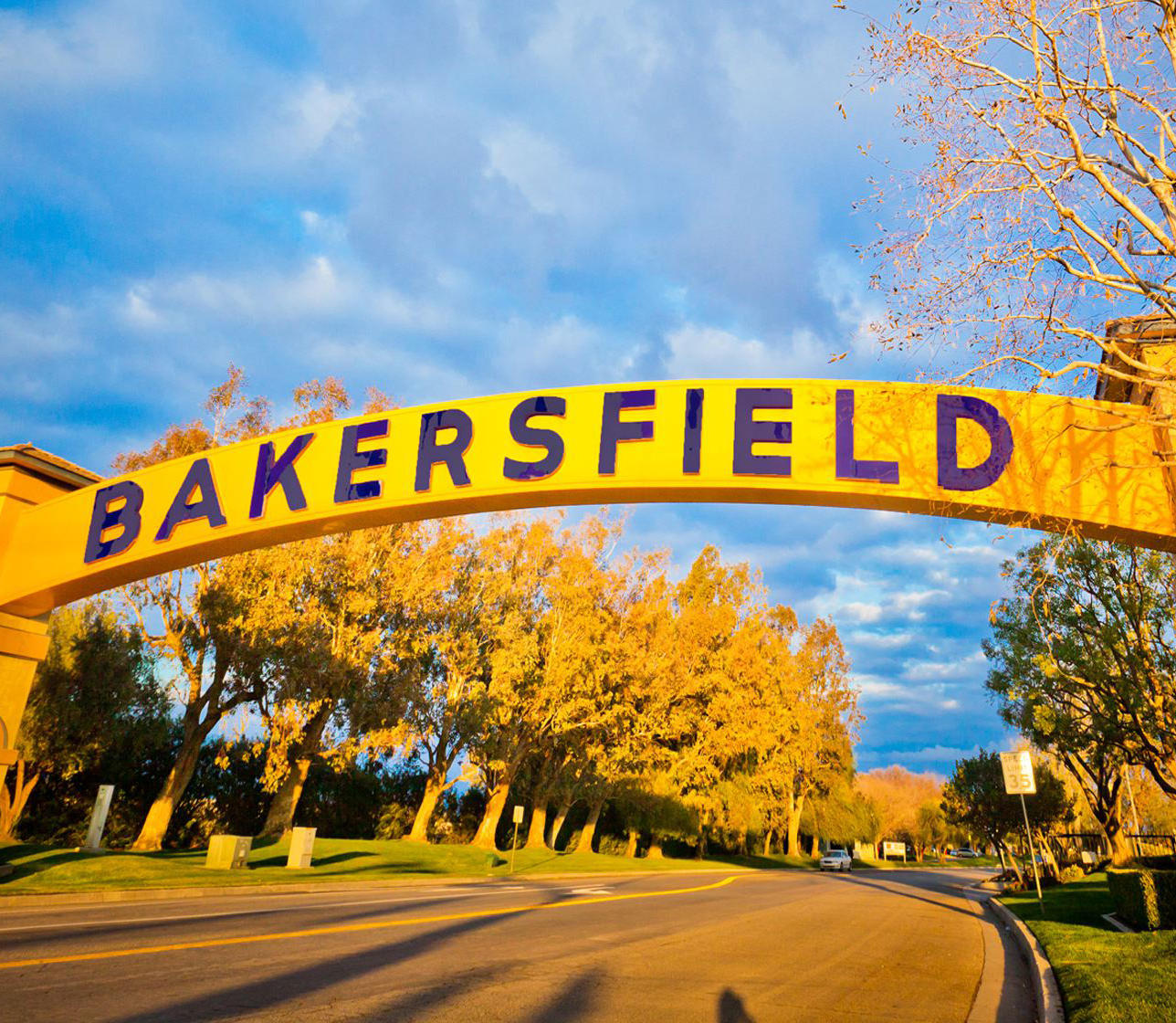
Bakersfield
Regulation: Allowed
7.4 -
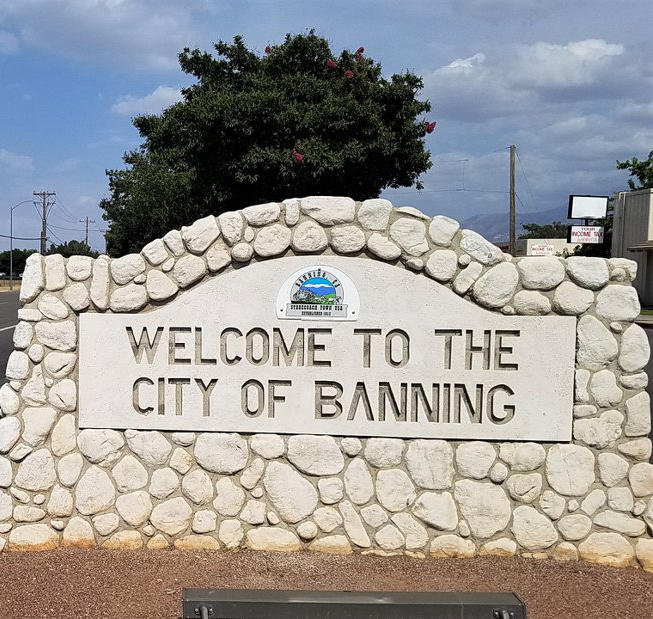
Banning
Regulation: Not Regulated
6.7 -

Berkeley
Regulation: Restricted
4.9 -

Beverly Hills
Regulation: TBD
5.4 -
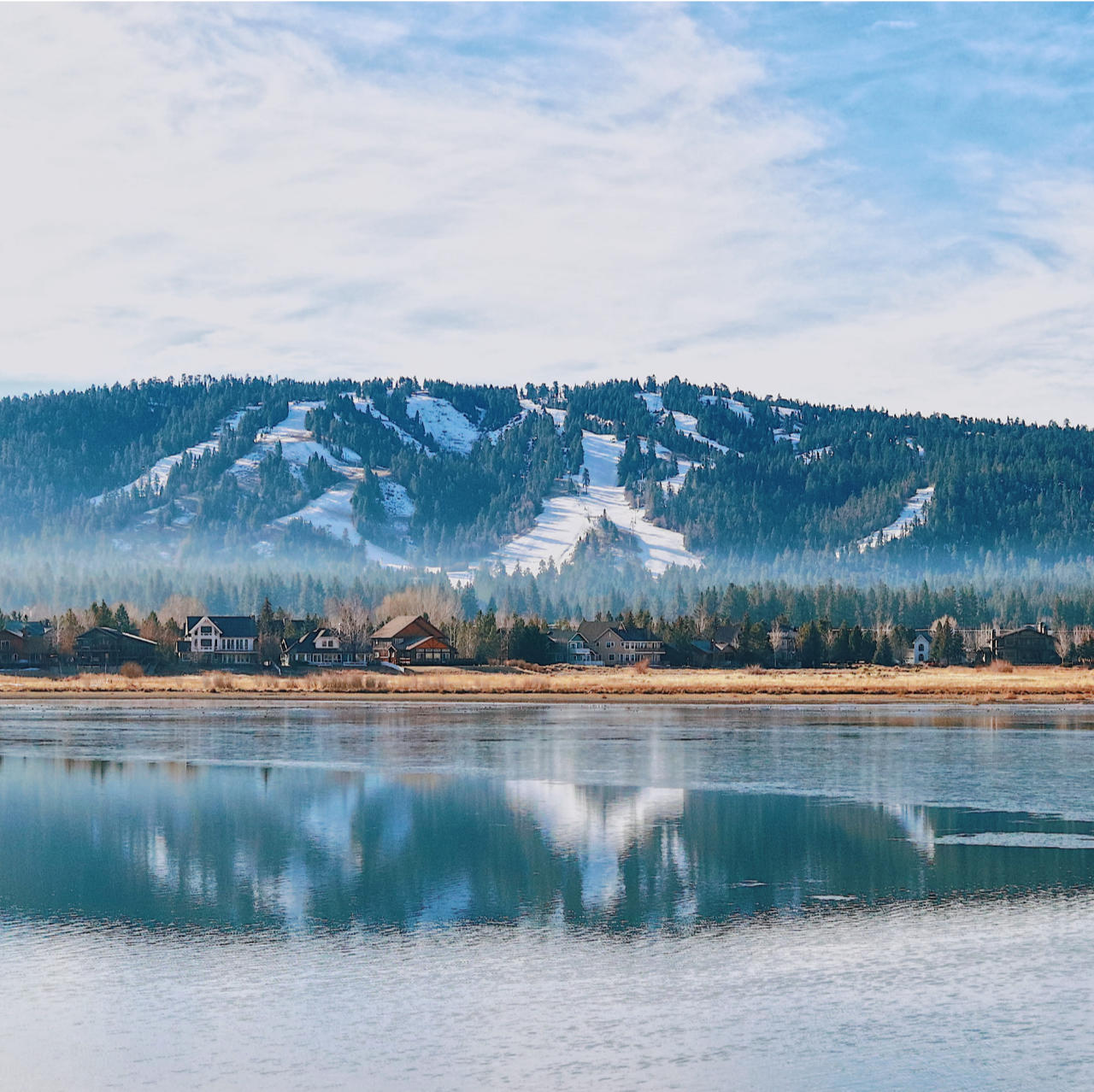
Big Bear Lake
Regulation: Allowed
5.1 -

Bishop
Regulation: TBD
6.8 -
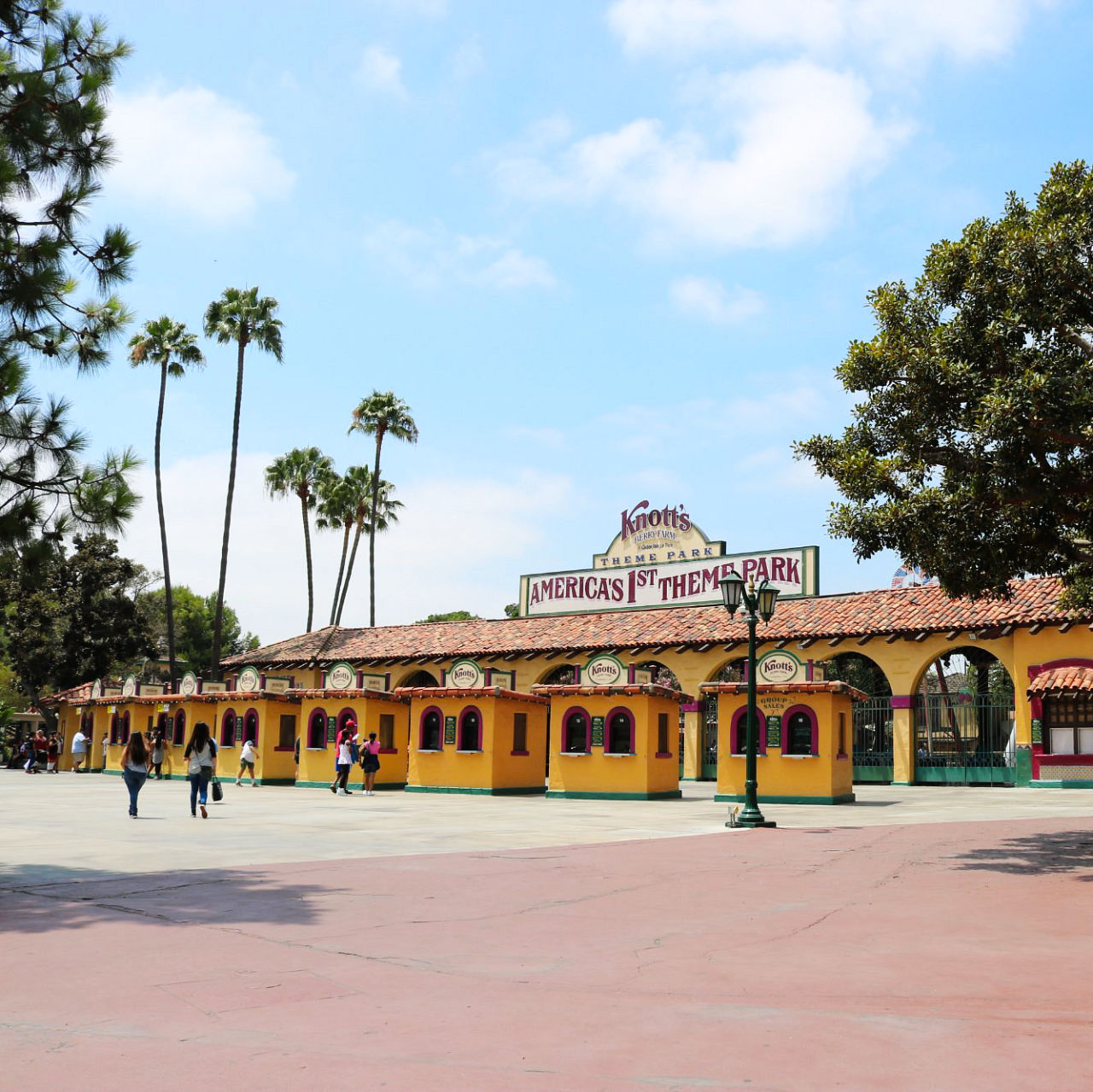
Buena Park
Regulation: TBD
5.9 -

Burbank
Regulation: Allowed
6.6 -
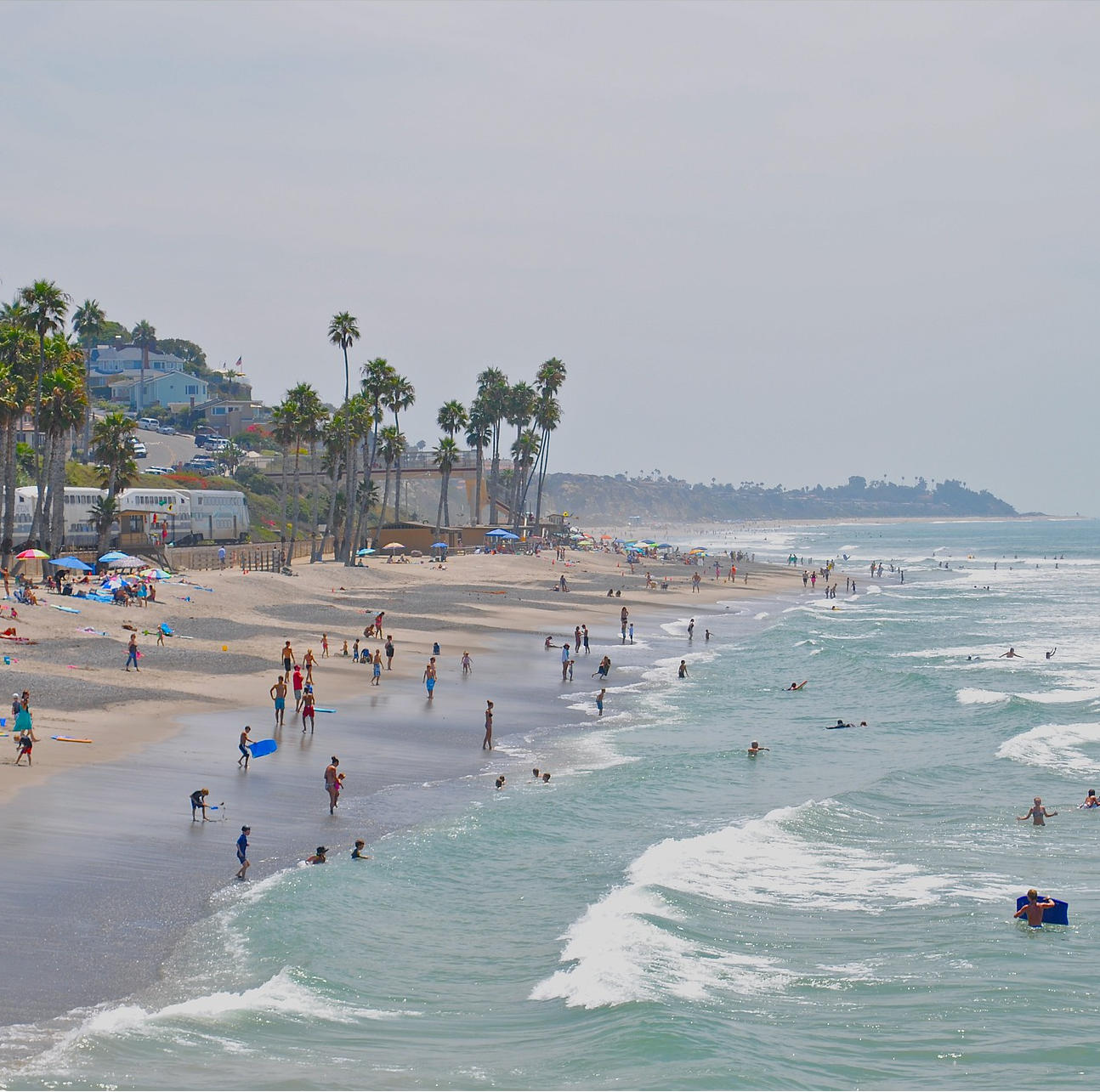
Carlsbad
Regulation: Allowed
5.5 -

Chino
Regulation: TBD
5.7 -

Chula Vista
Regulation: Restricted
4.9 -
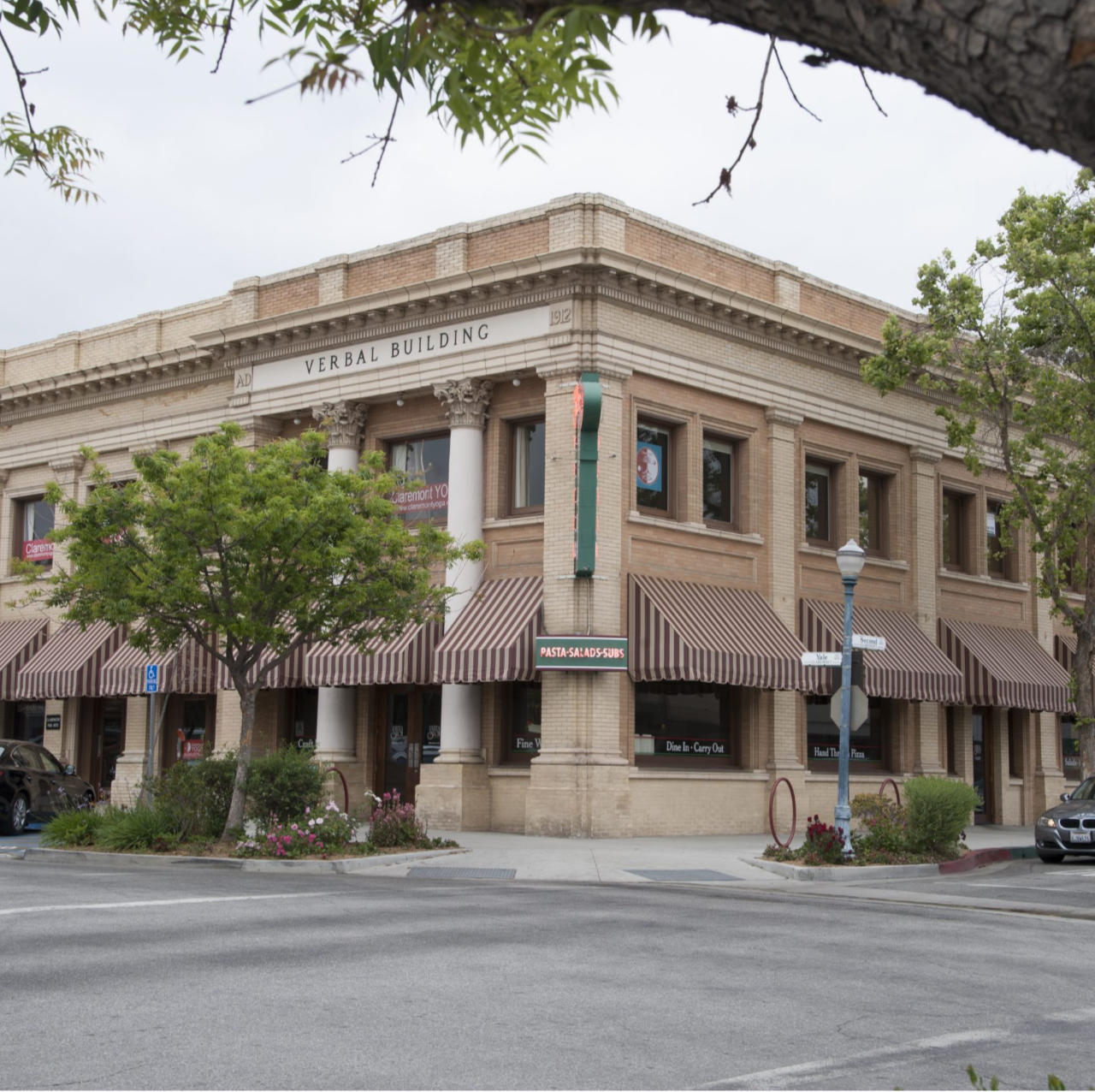
Claremont
Regulation: Restricted
6.4 -
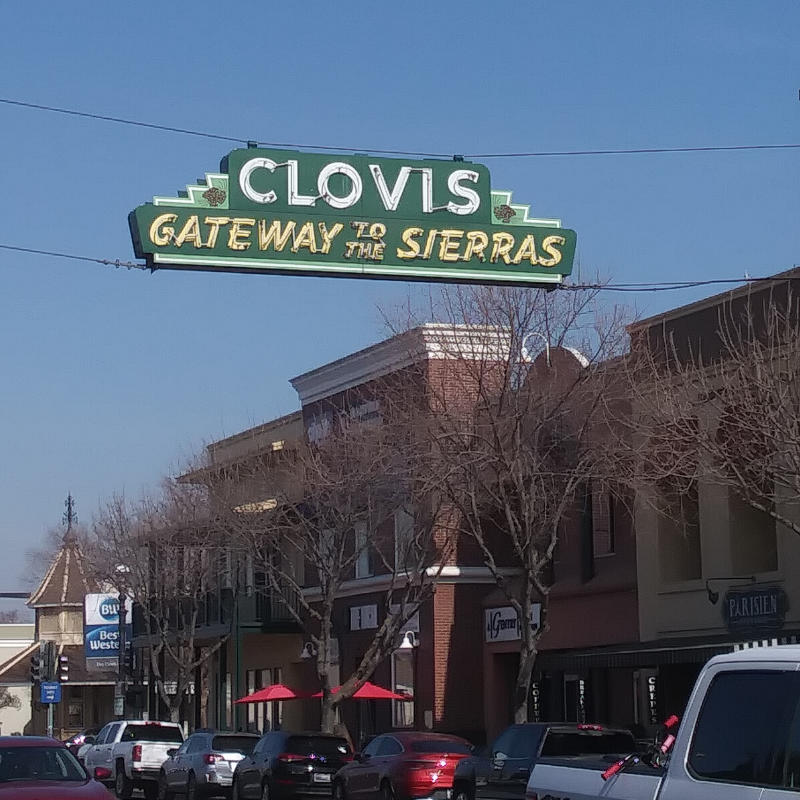
Clovis
Regulation: Not Regulated
6.6 -

Concord
Regulation: Allowed
7.0 -

Contra Costa
Regulation: TBD
5.8 -
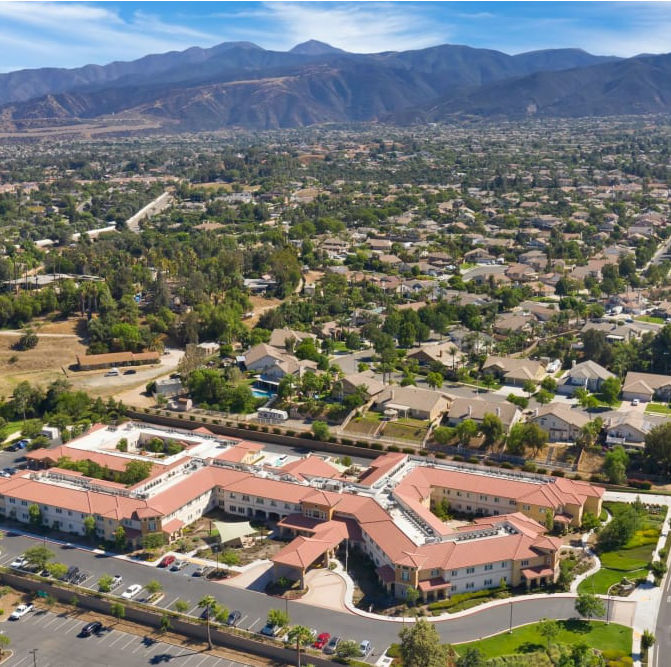
Corona
Regulation: Allowed
6.2 -

Costa Mesa
Regulation: Not Allowed
4.2 -
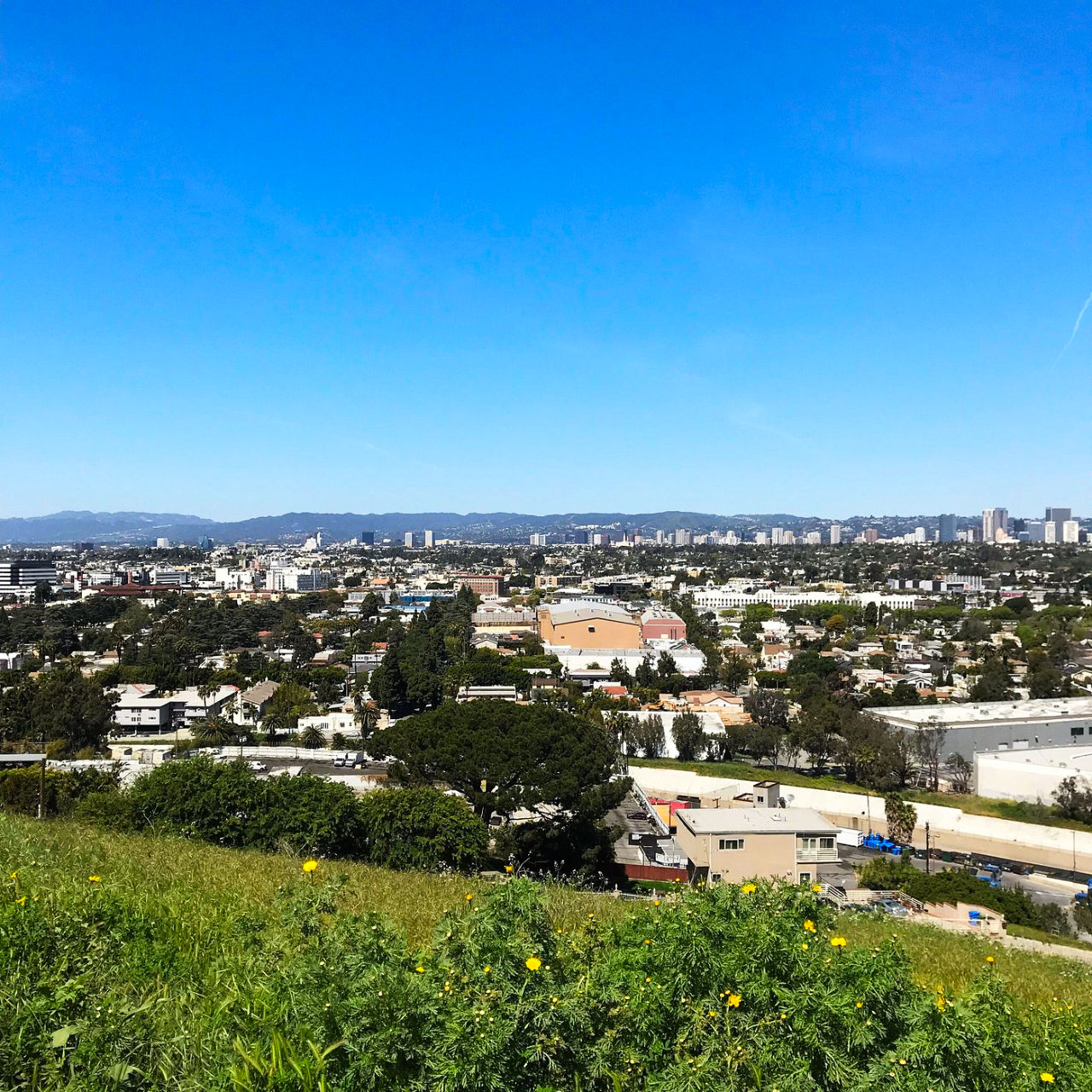
Culver City
Regulation: TBD
5.4 -

Daly City
Regulation: Allowed
5.7 -

Dana Point
Regulation: TBD
5.6 -

Del Mar
Regulation: TBD
5.5 -
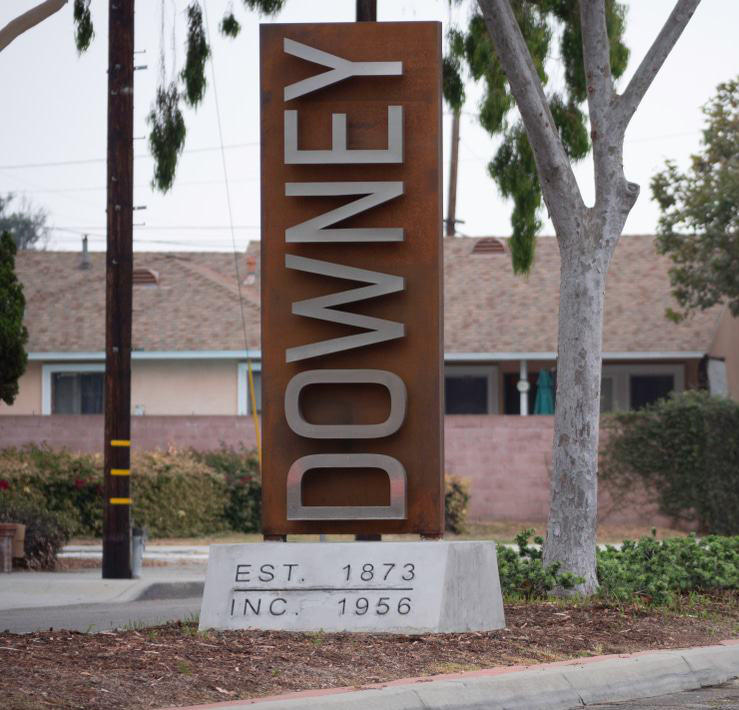
Downey
Regulation: Not Regulated
6.5 -

El Cajon
Regulation: Not Allowed
5.5 -
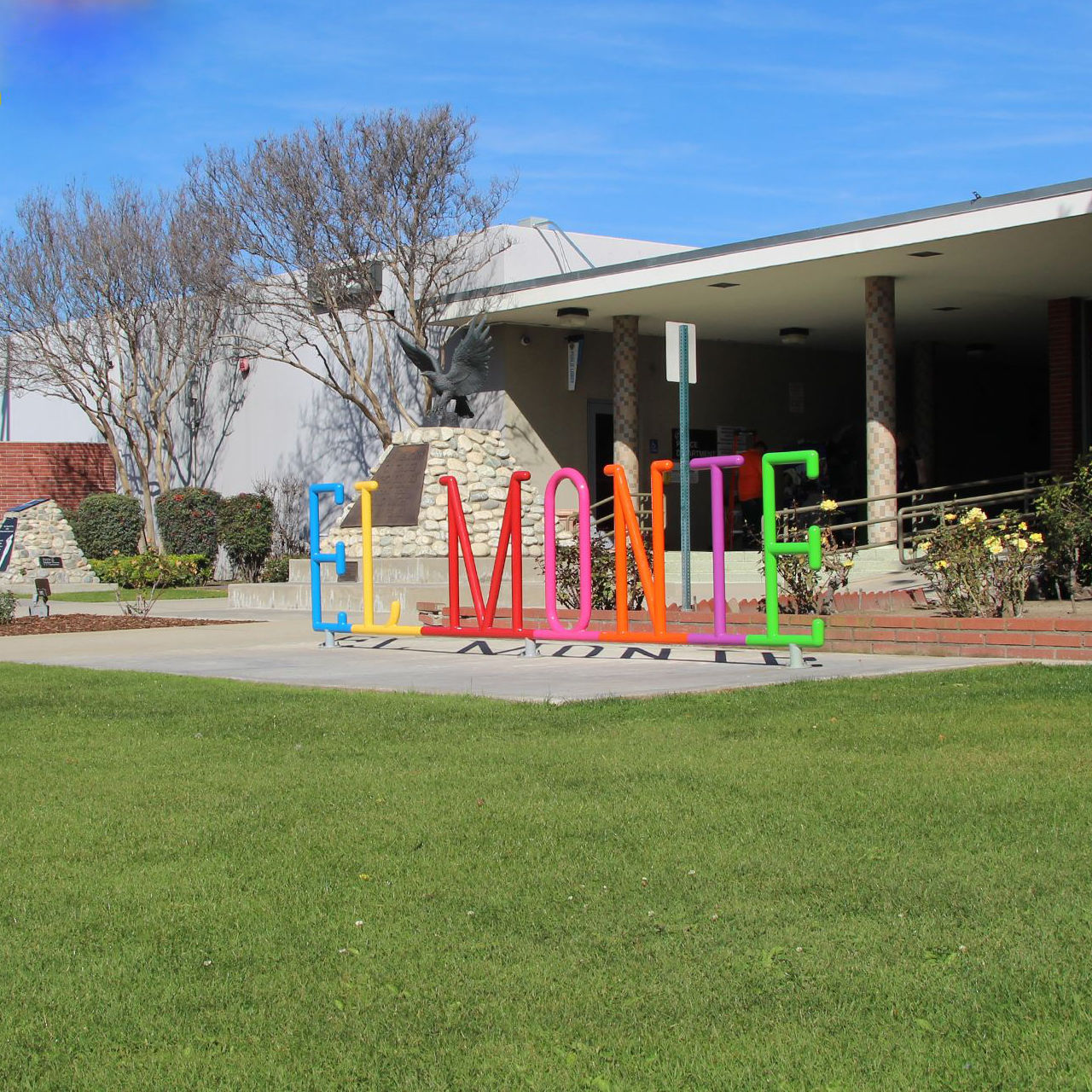
El Monte
Regulation: Not Regulated
5.2 -
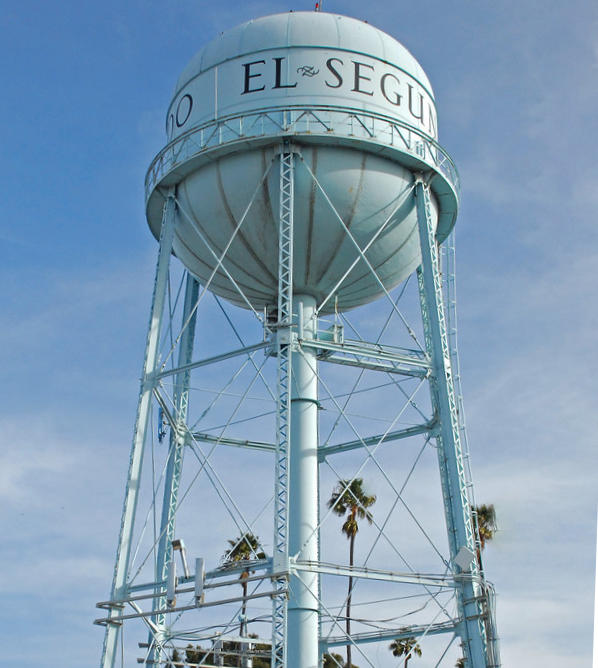
El Segundo
Regulation: TBD
5.3 -

Elk Grove
Regulation: Restricted
5.6 -
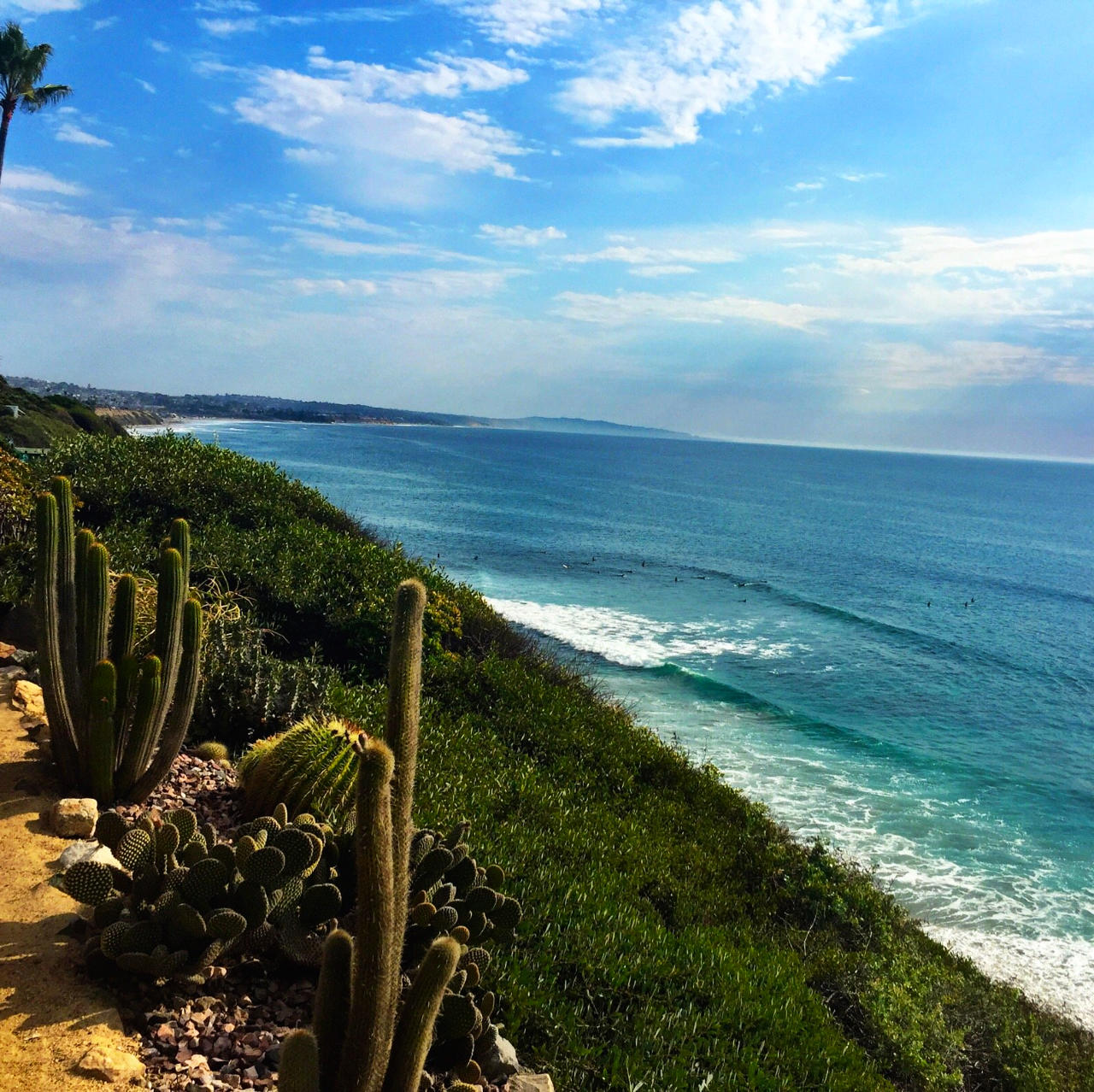
Encinitas
Regulation: TBD
6.3 -

Escondido
Regulation: Restricted
6.5 -

Eureka
Regulation: TBD
6.4 -
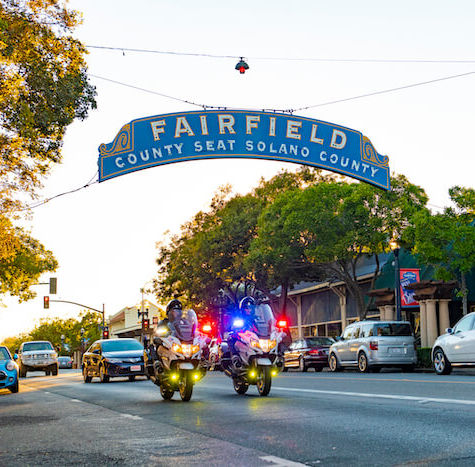
Fairfield
Regulation: Restricted
6.2 -

Fontana
Regulation: Allowed
7.0 -

Fort Bragg
Regulation: TBD
6.3 -

Foster City
Regulation: TBD
5.3 -
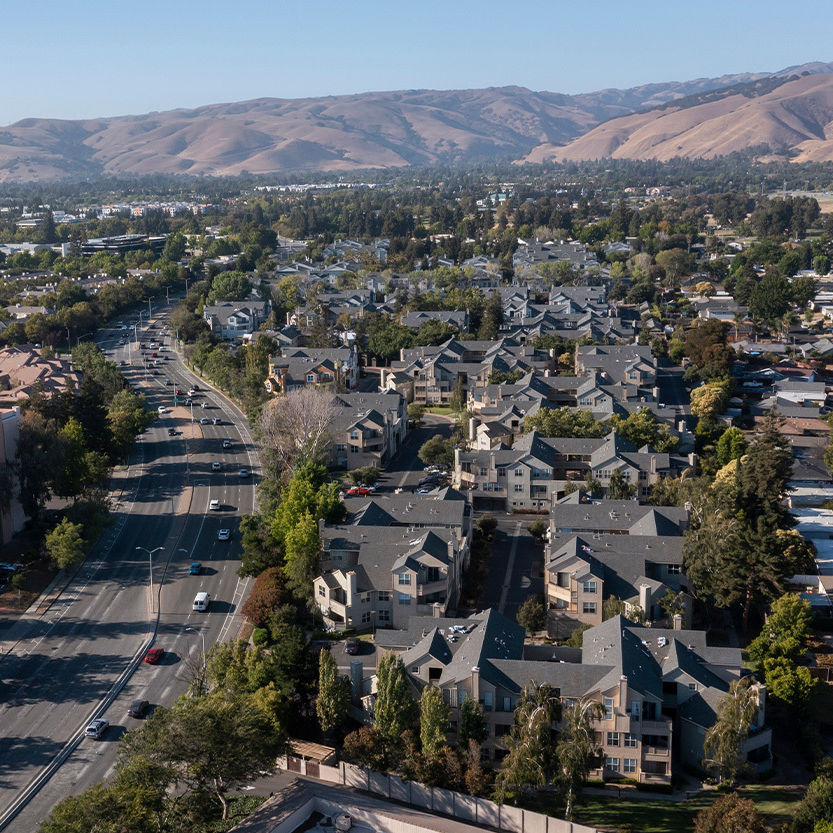
Fremont
Regulation: Allowed
6.3 -

Fresno
Regulation: Restricted
6.0 -

Fullerton
Regulation: Allowed
6.3 -
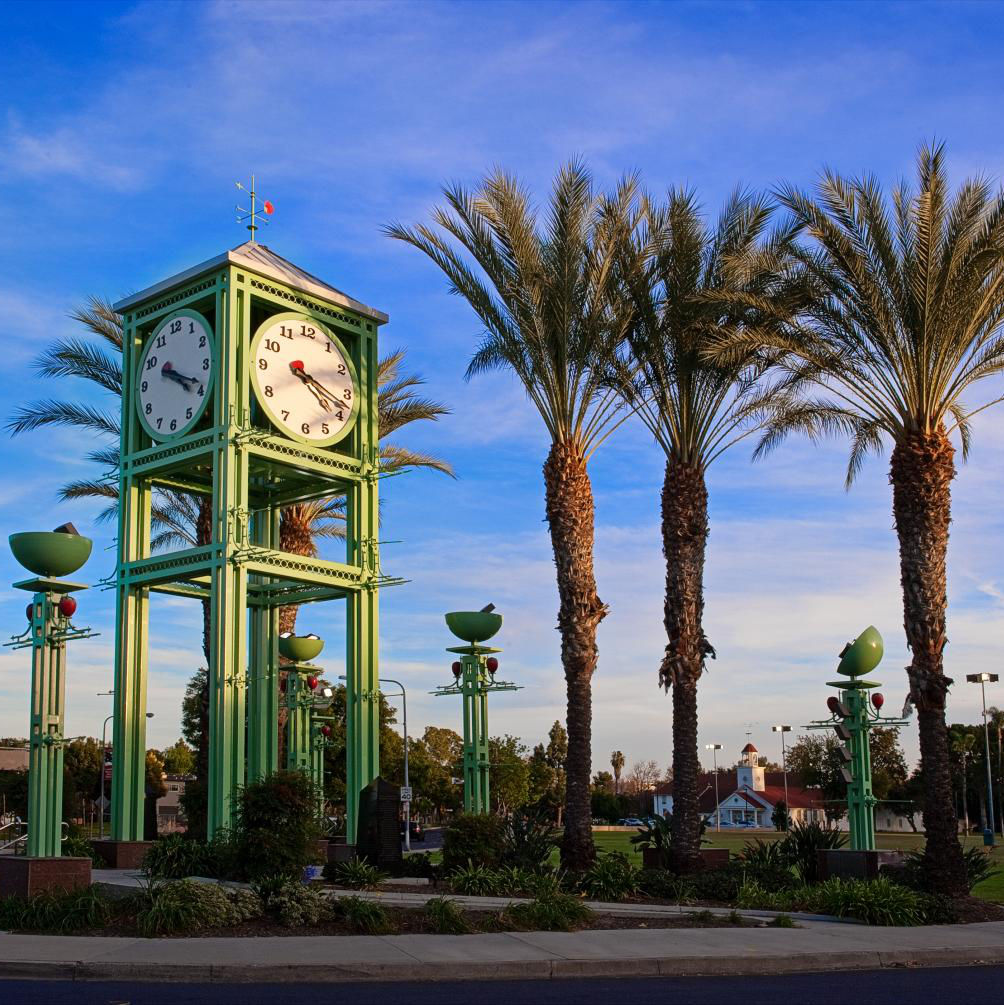
Garden Grove
Regulation: Restricted
5.1 -
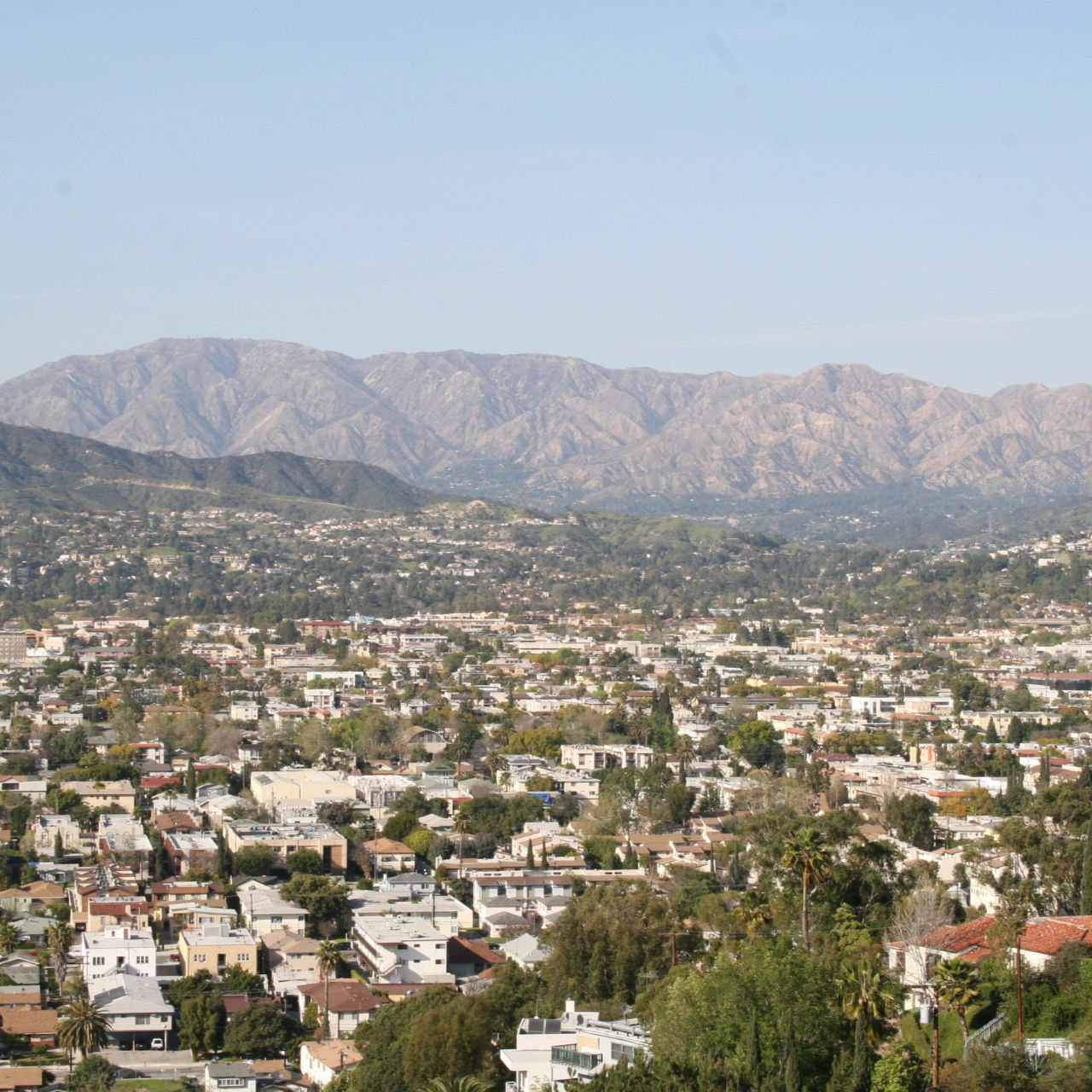
Glendale
Regulation: Restricted
5.7 -
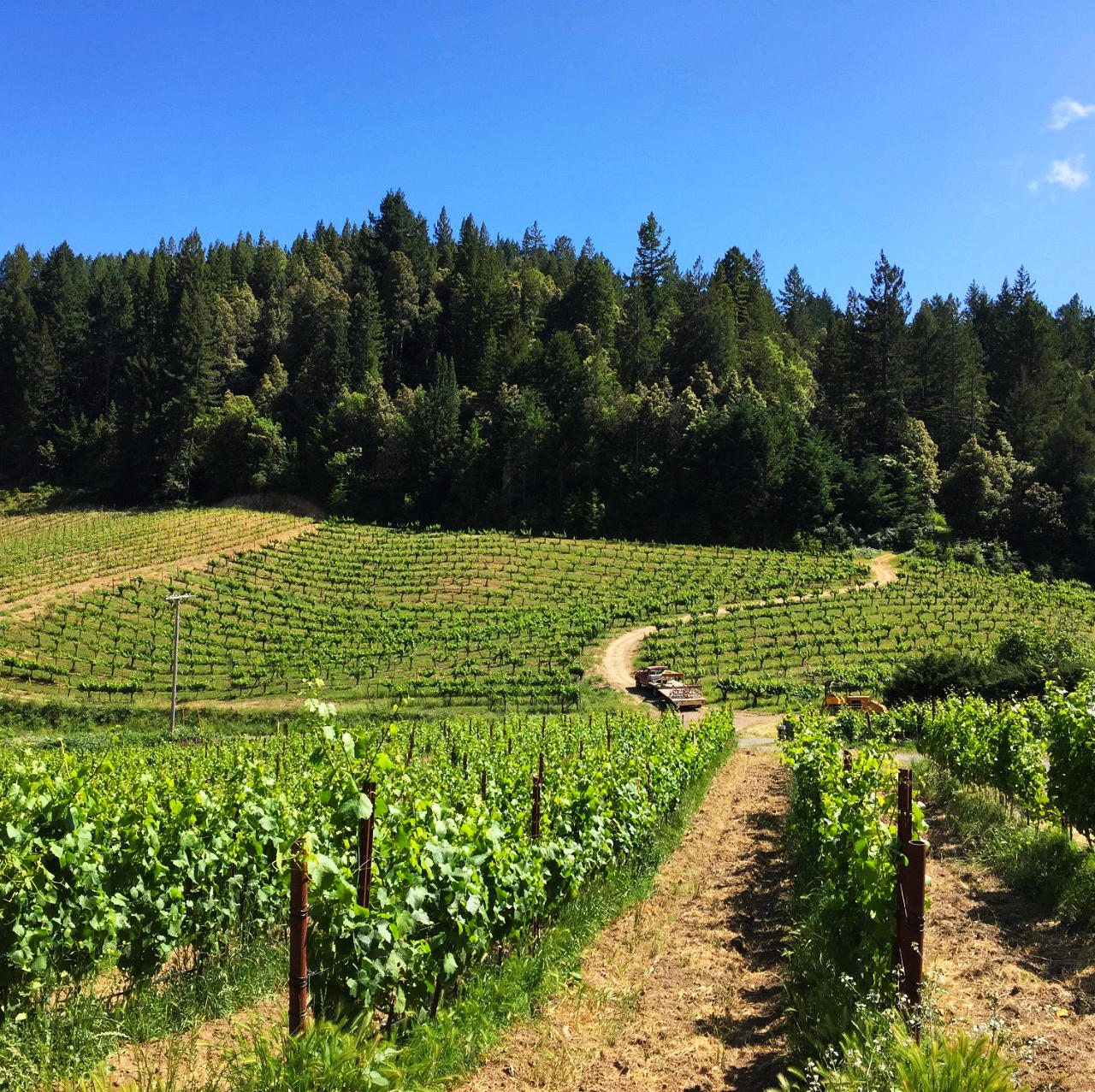
Guerneville
Regulation: TBD
5.3 -

Hayward
Regulation: Not Regulated
5.7 -

Healdsburg
Regulation: TBD
5.8 -
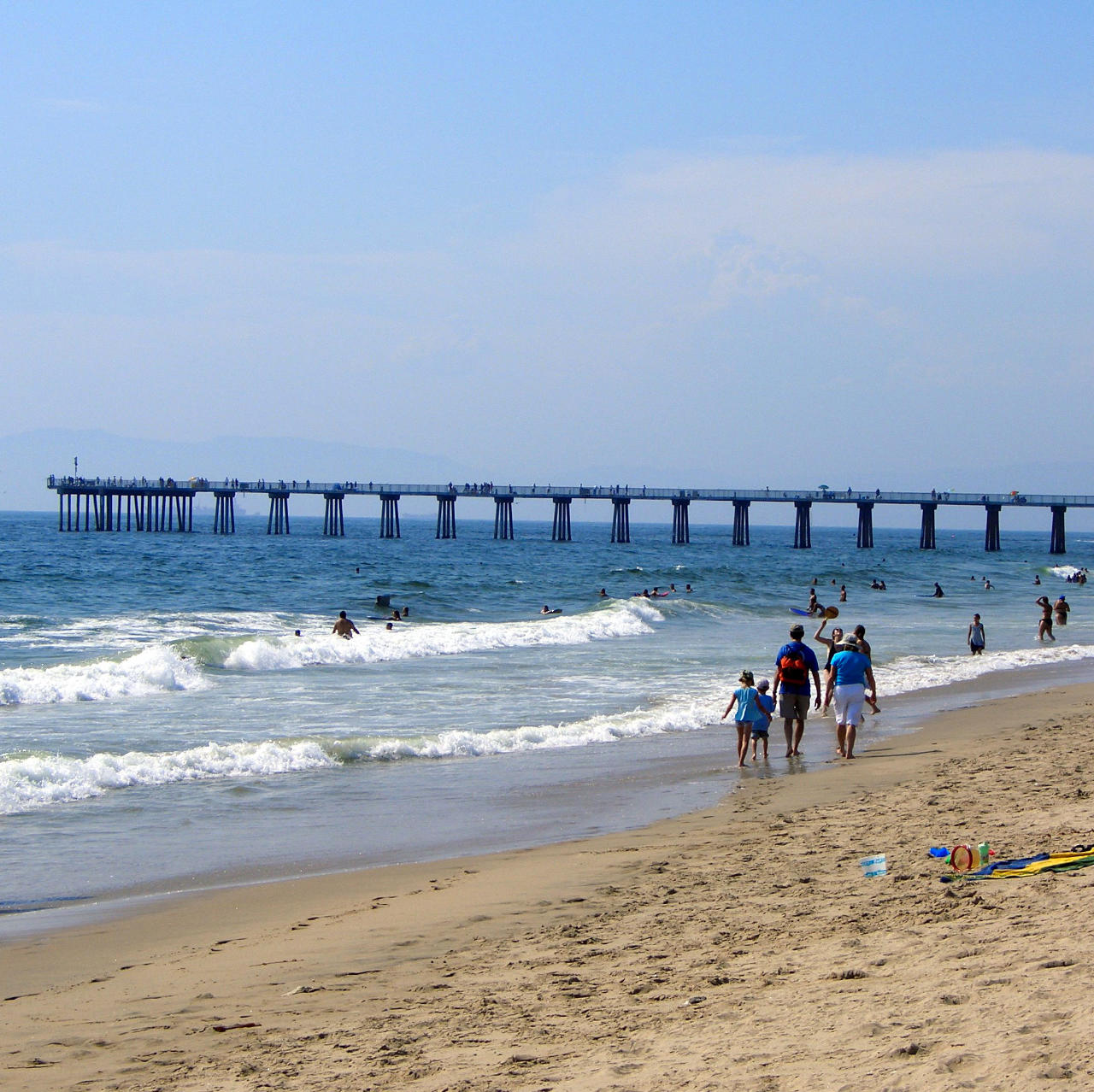
Hermosa Beach
Regulation: TBD
5.5 -

Hollywood Hills
Regulation: TBD
5.5 -

Huntington Beach
Regulation: Restricted
5.0 -

Idyllwild
Regulation: TBD
7.5 -

Indio
Regulation: TBD
5.3 -

Inglewood
Regulation: Not Allowed
4.7 -

Irvine
Regulation: Not Allowed
4.6 -

Joshua Tree
Regulation: TBD
5.9 -

Jurupa Valley
Regulation: Not Regulated
5.4 -
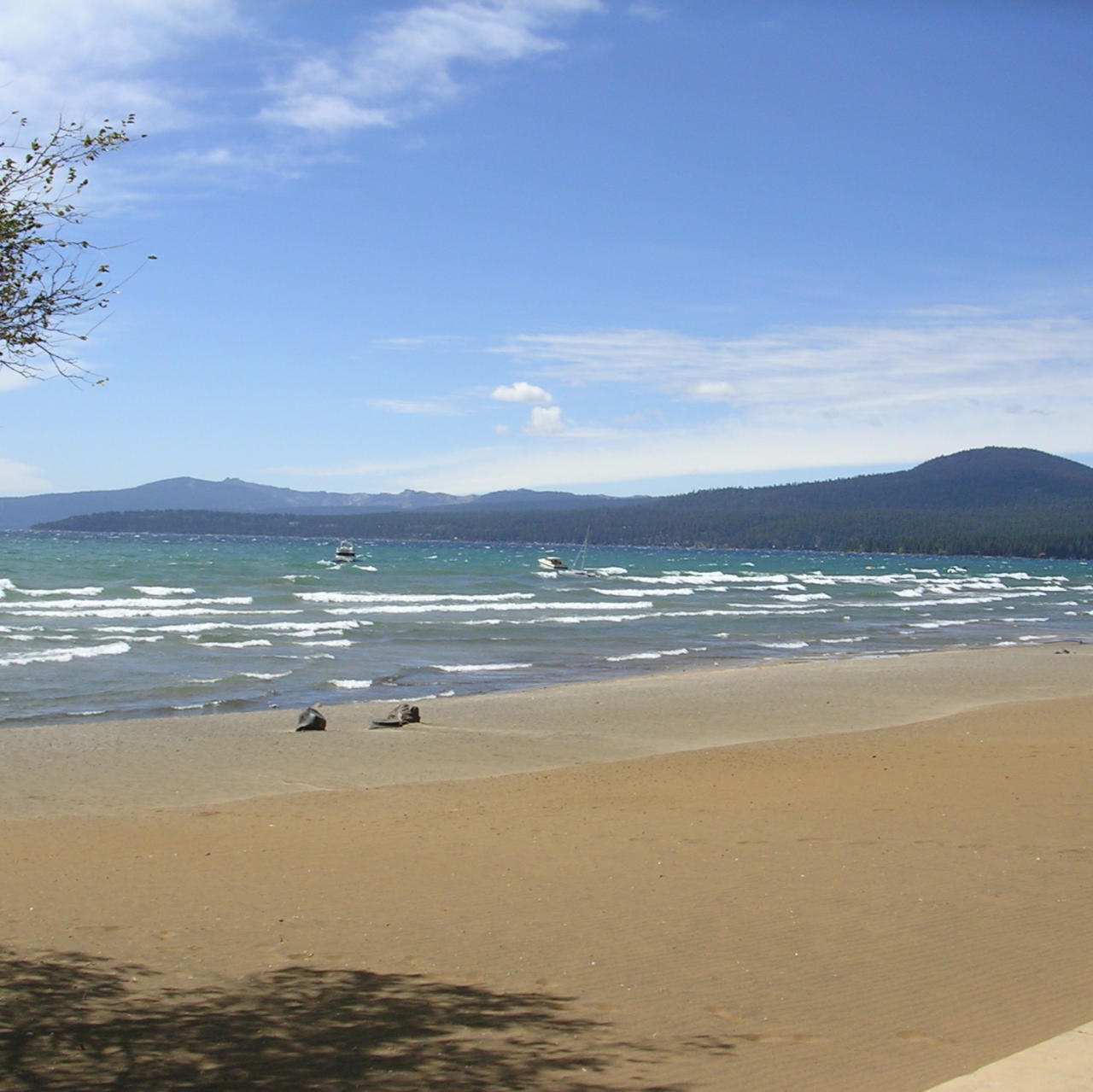
Kings Beach
Regulation: TBD
4.4 -
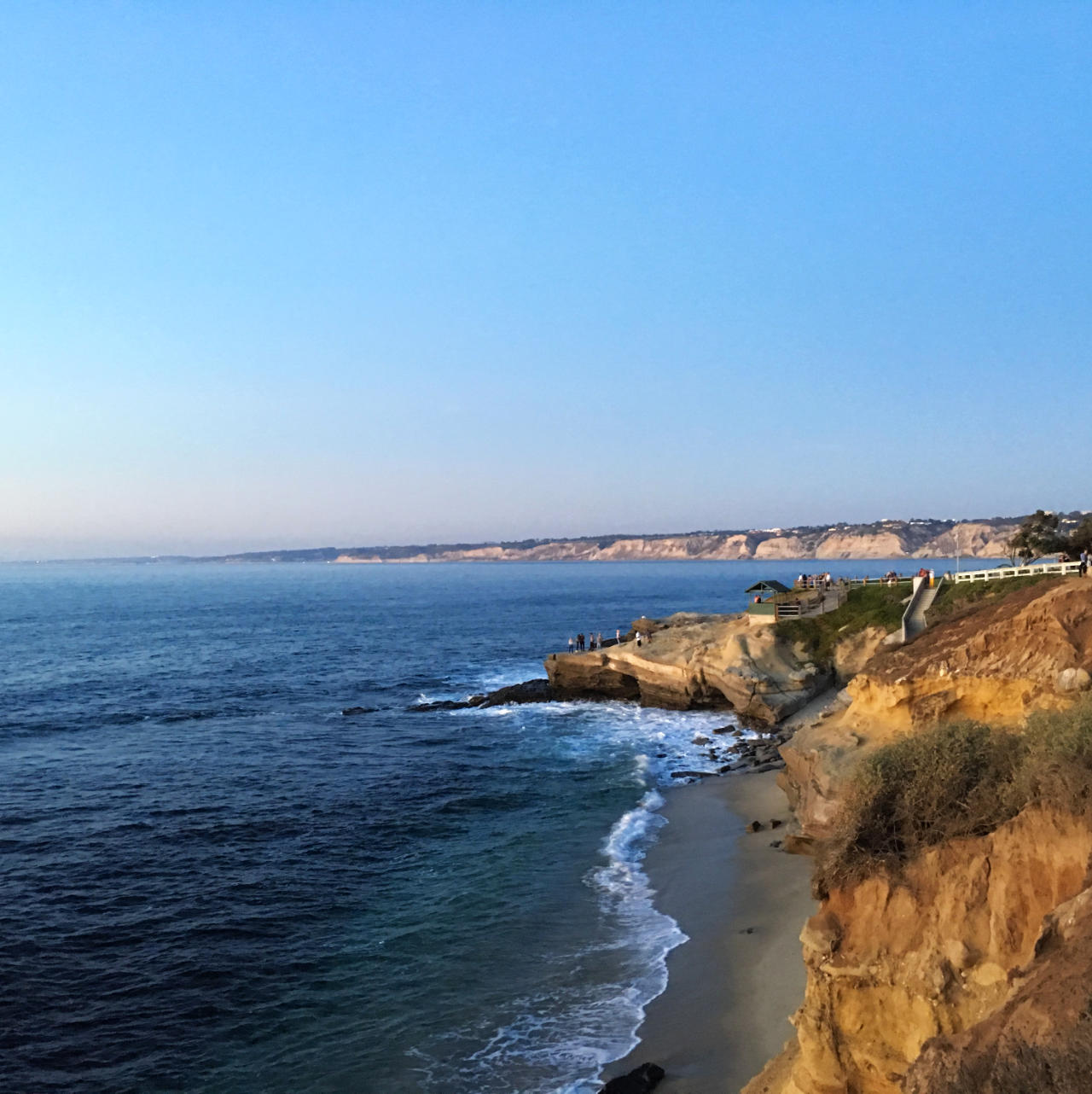
La Jolla
Regulation: TBD
4.8 -
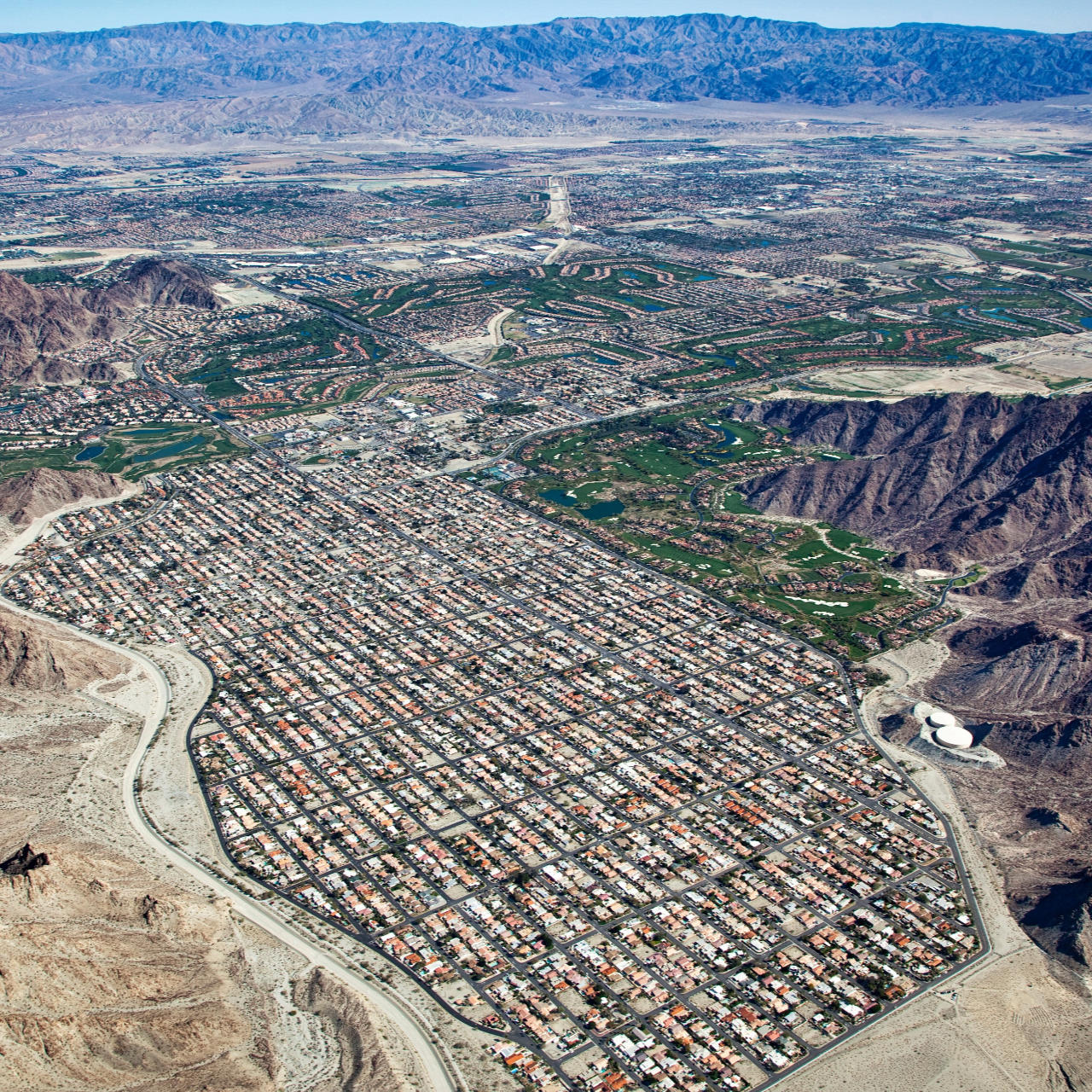
La Quinta
Regulation: Allowed
5.5 -

Laguna Beach
Regulation: TBD
4.8 -

Lancaster
Regulation: TBD
6.8 -
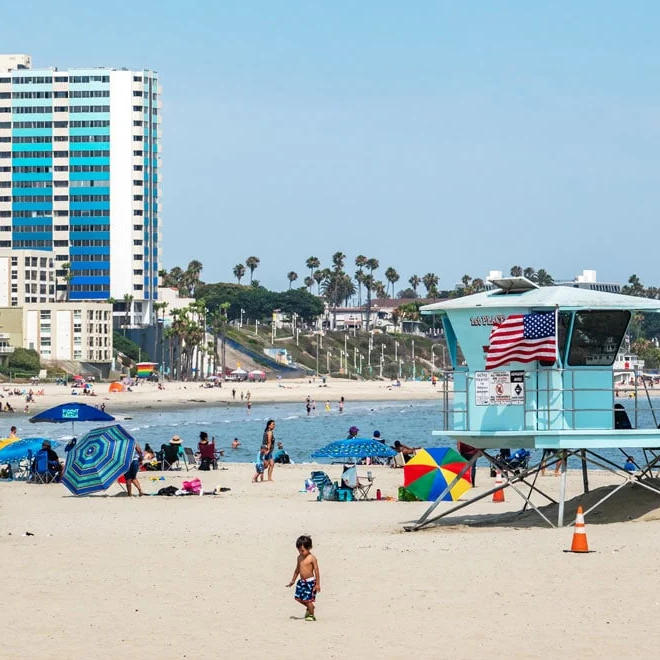
Long Beach
Regulation: Restricted
5.7 -

Los Angeles
Regulation: Restricted
5.2 -
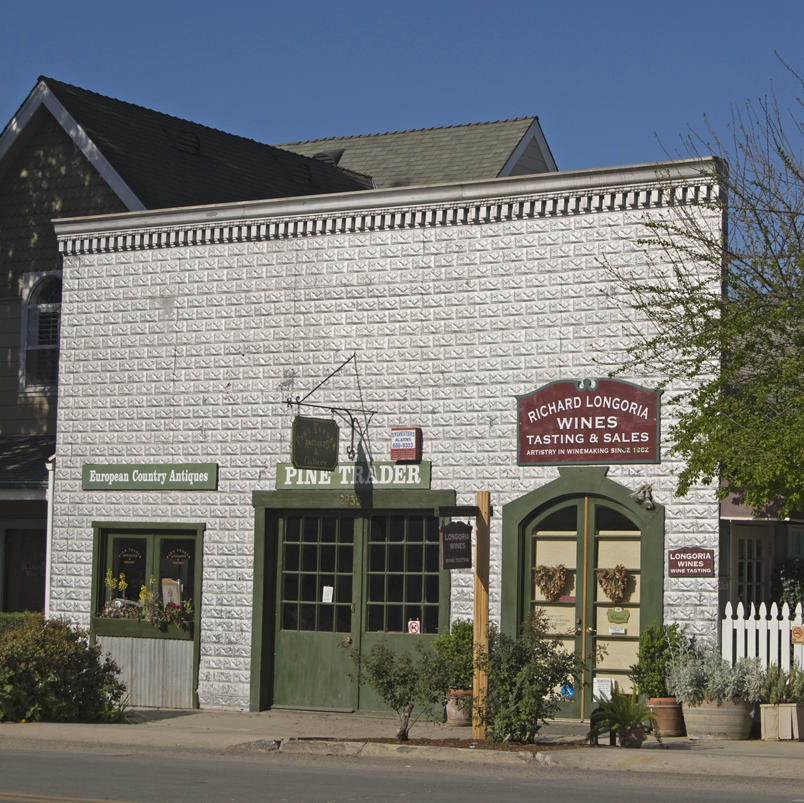
Los Olivos
Regulation: TBD
6.1 -

Los Osos
Regulation: TBD
5.3 -

Mammoth Lakes
Regulation: Not Allowed
4.1 -
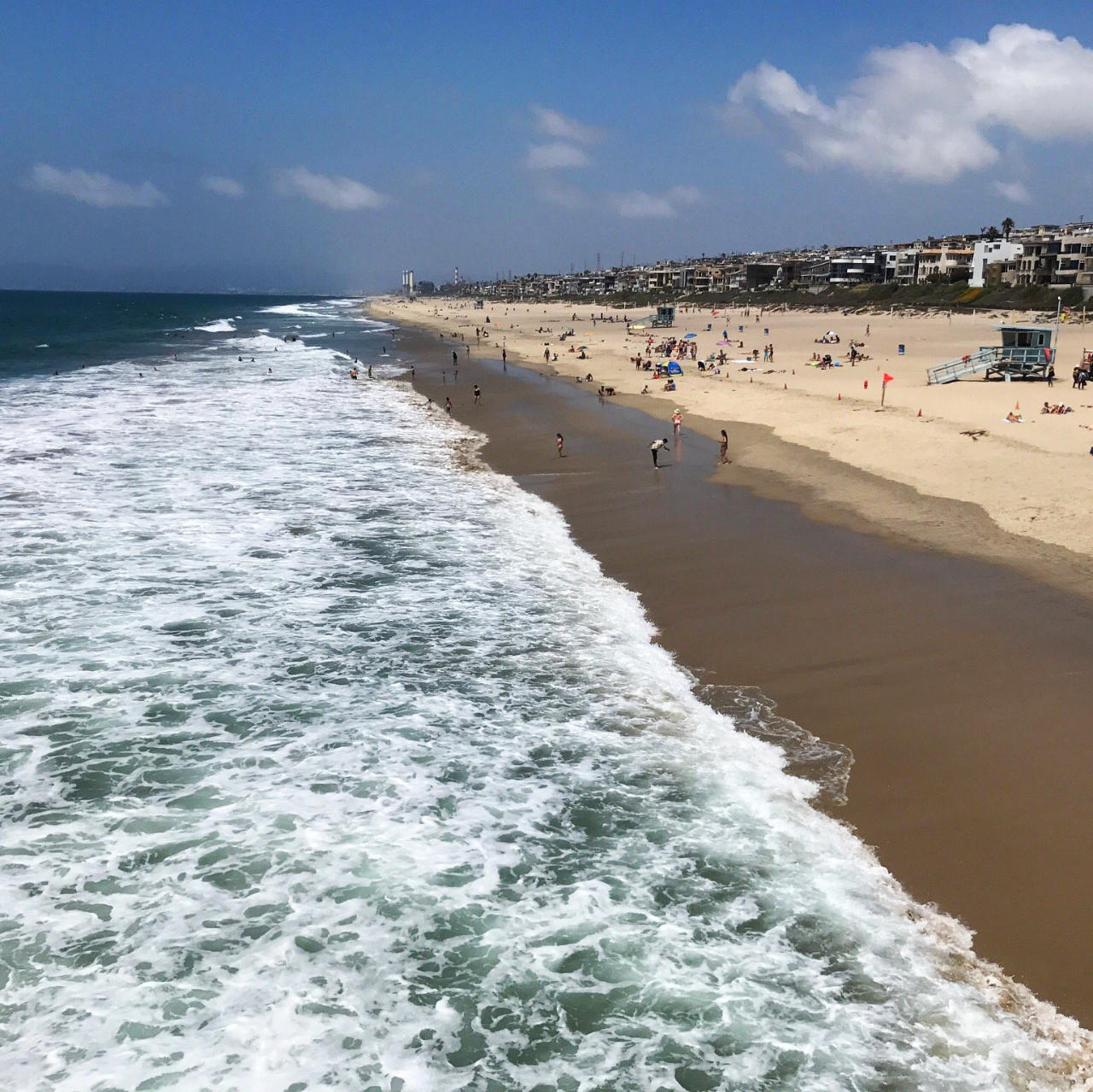
Manhattan Beach
Regulation: TBD
5.4 -

Marina Del Rey
Regulation: TBD
5.3 -
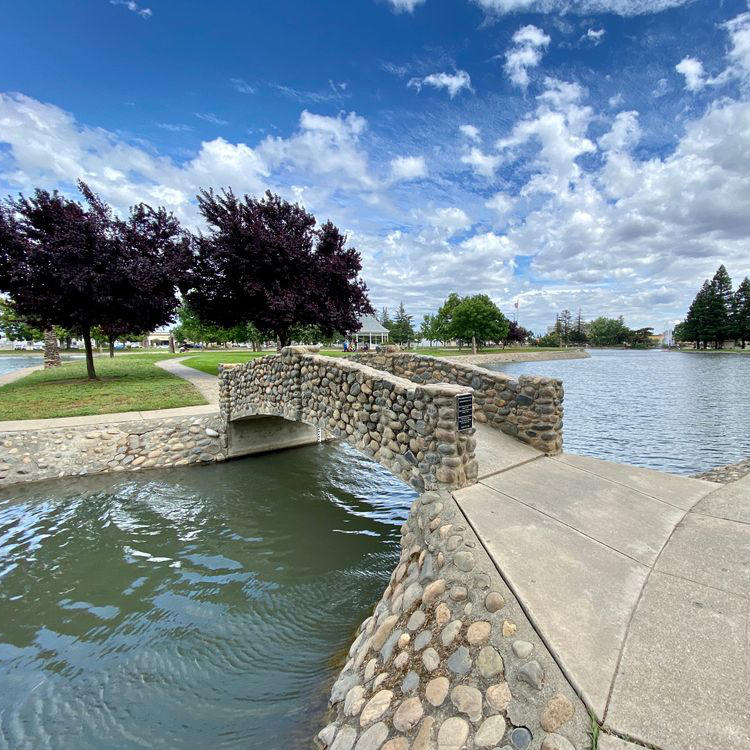
Marysville
Regulation: TBD
7.0 -

Mill Valley
Regulation: TBD
5.8 -

Millbrae
Regulation: TBD
5.2 -
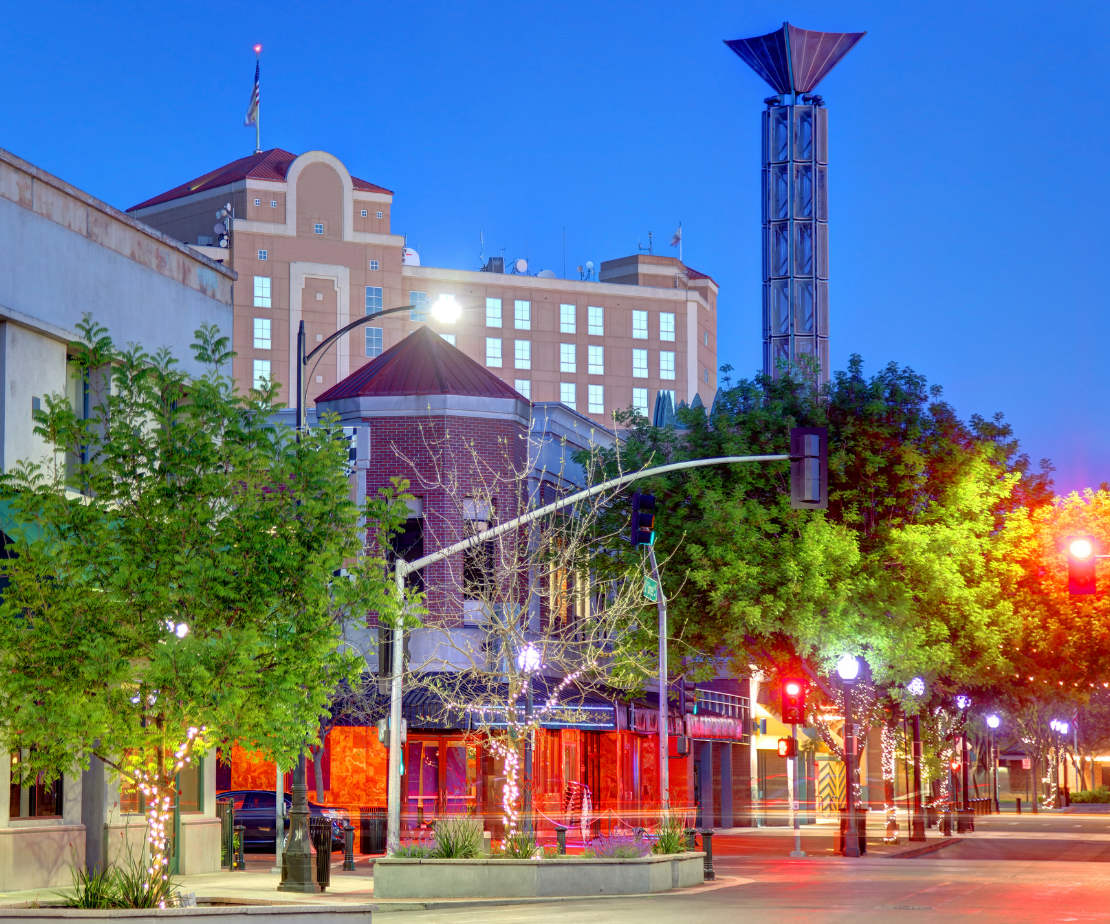
Modesto
Regulation: Allowed
7.2 -

Monterey
Regulation: TBD
5.2 -
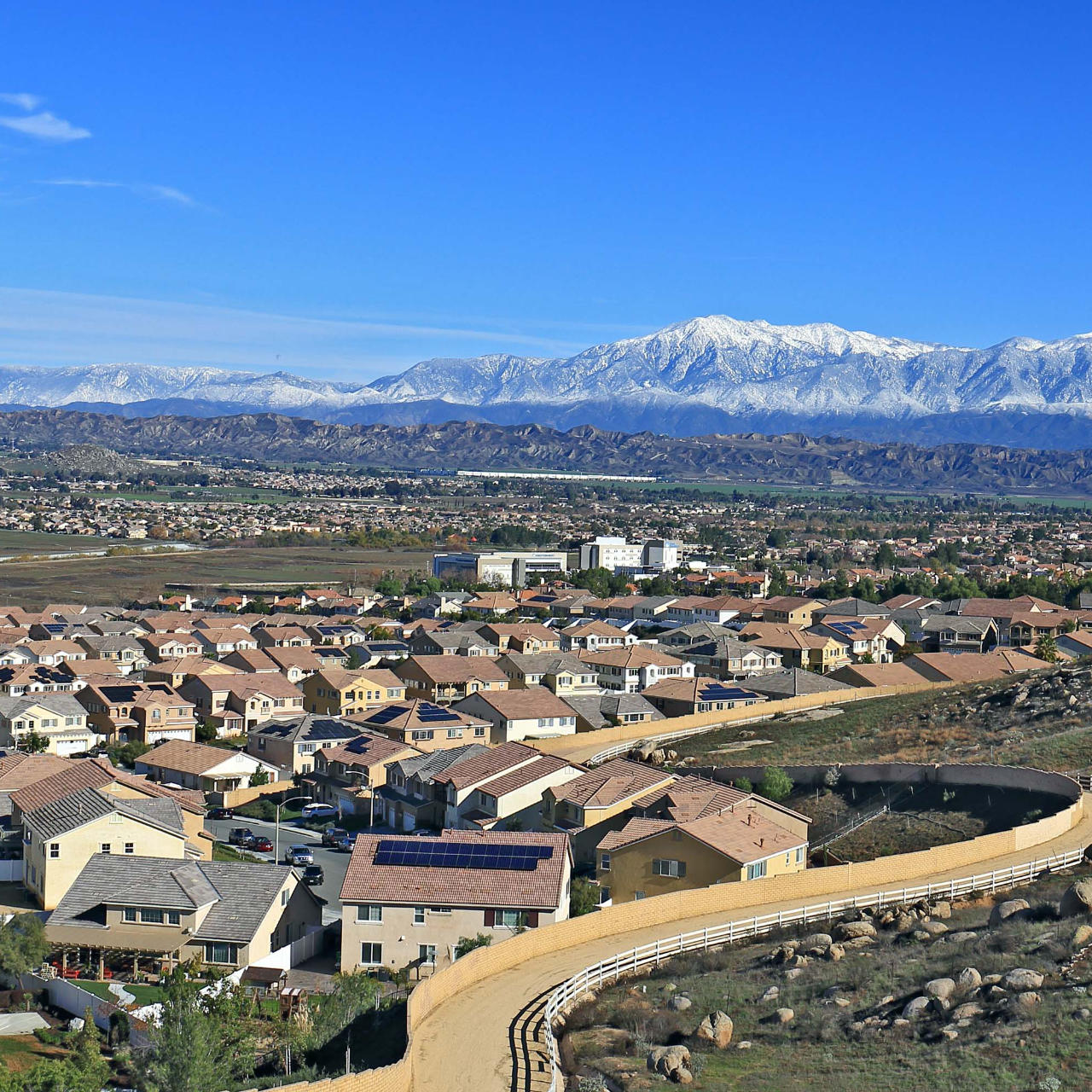
Moreno Valley
Regulation: Not Regulated
6.1 -

Morro Bay
Regulation: TBD
5.9 -

Mountain View
Regulation: TBD
5.2 -

Murrieta
Regulation: Allowed
7.2 -

Napa
Regulation: TBD
6.5 -
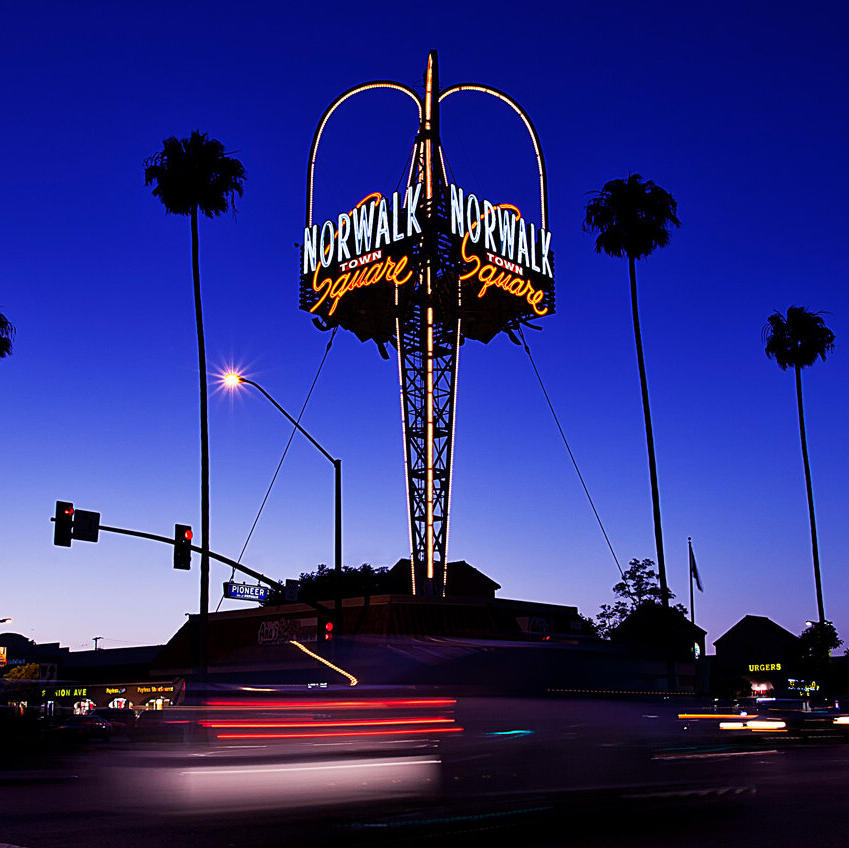
Norwalk
Regulation: Not Regulated
6.4 -

Oakland
Regulation: Restricted
5.0 -
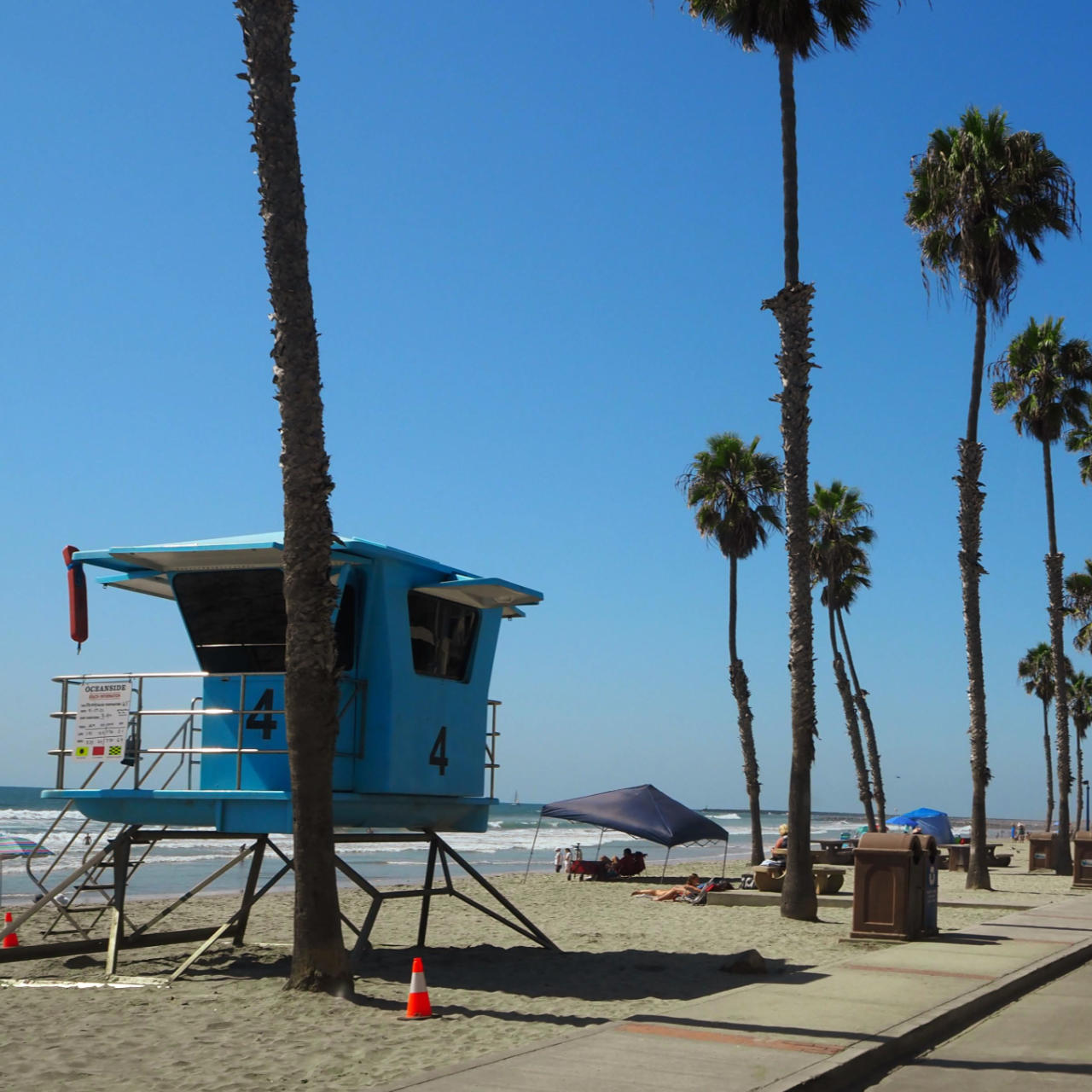
Oceanside
Regulation: Allowed
5.6 -

Ontario
Regulation: Allowed
7.0 -

Orange
Regulation: Allowed
5.7 -

Oxnard
Regulation: Restricted
6.3 -
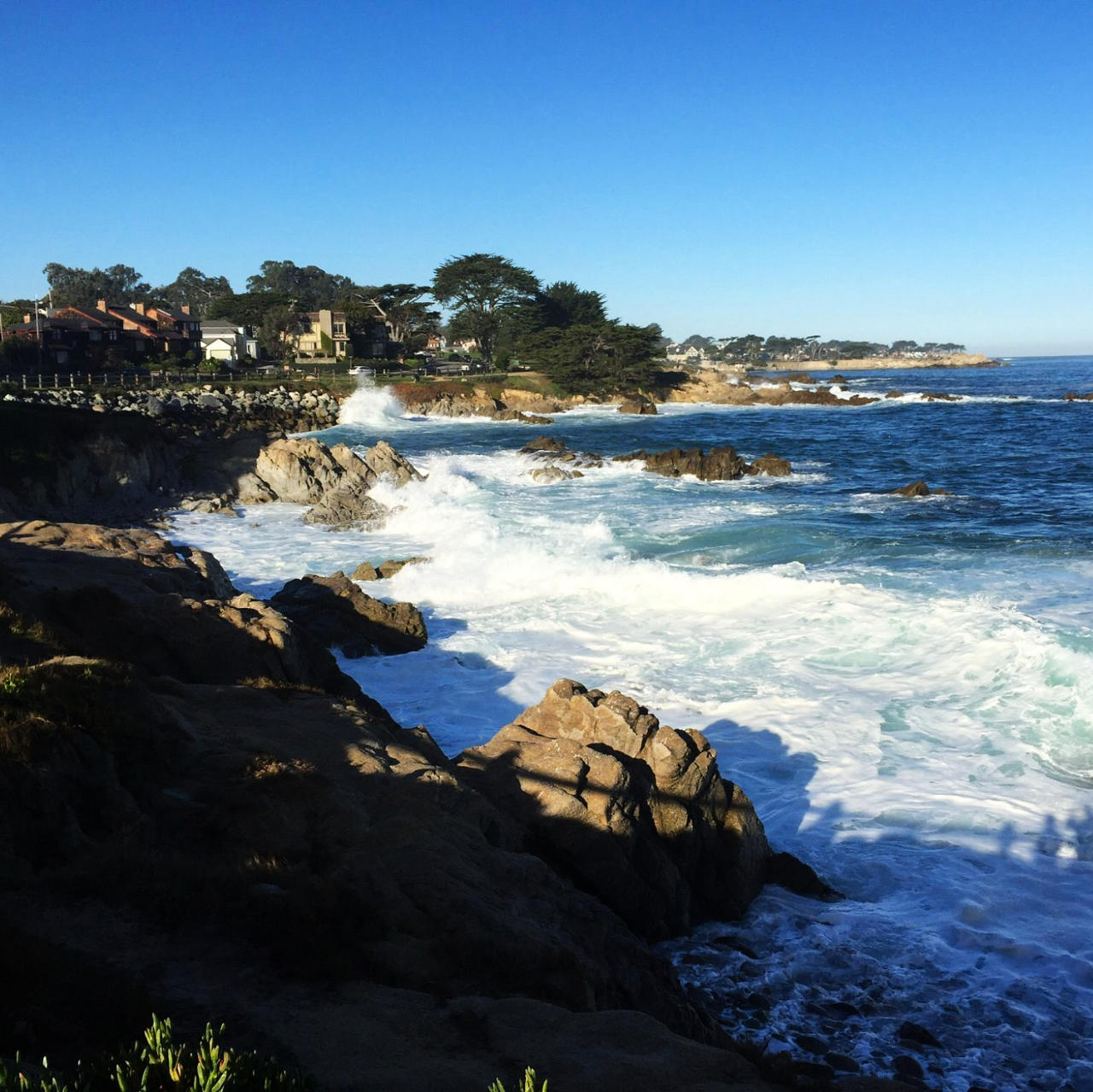
Pacific Grove
Regulation: TBD
5.1 -

Pacifica
Regulation: TBD
6.3 -

Palm Desert
Regulation: TBD
6.5 -

Palm Springs
Regulation: Allowed
5.7 -
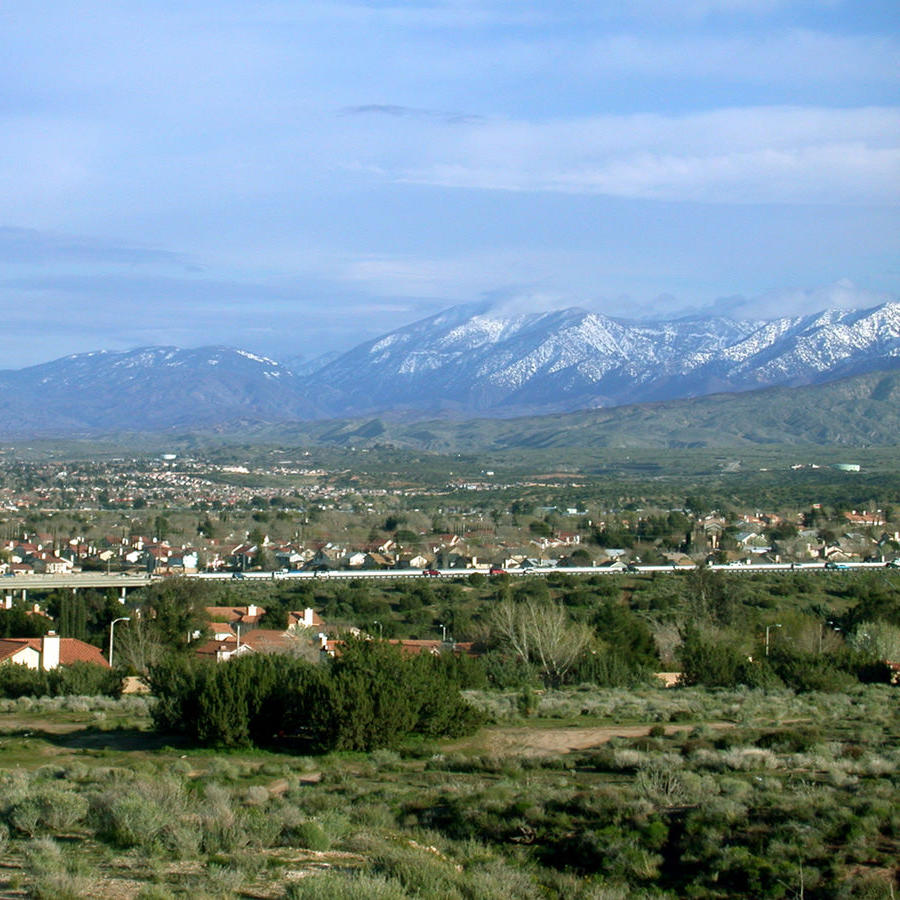
Palmdale
Regulation: TBD
6.6 -
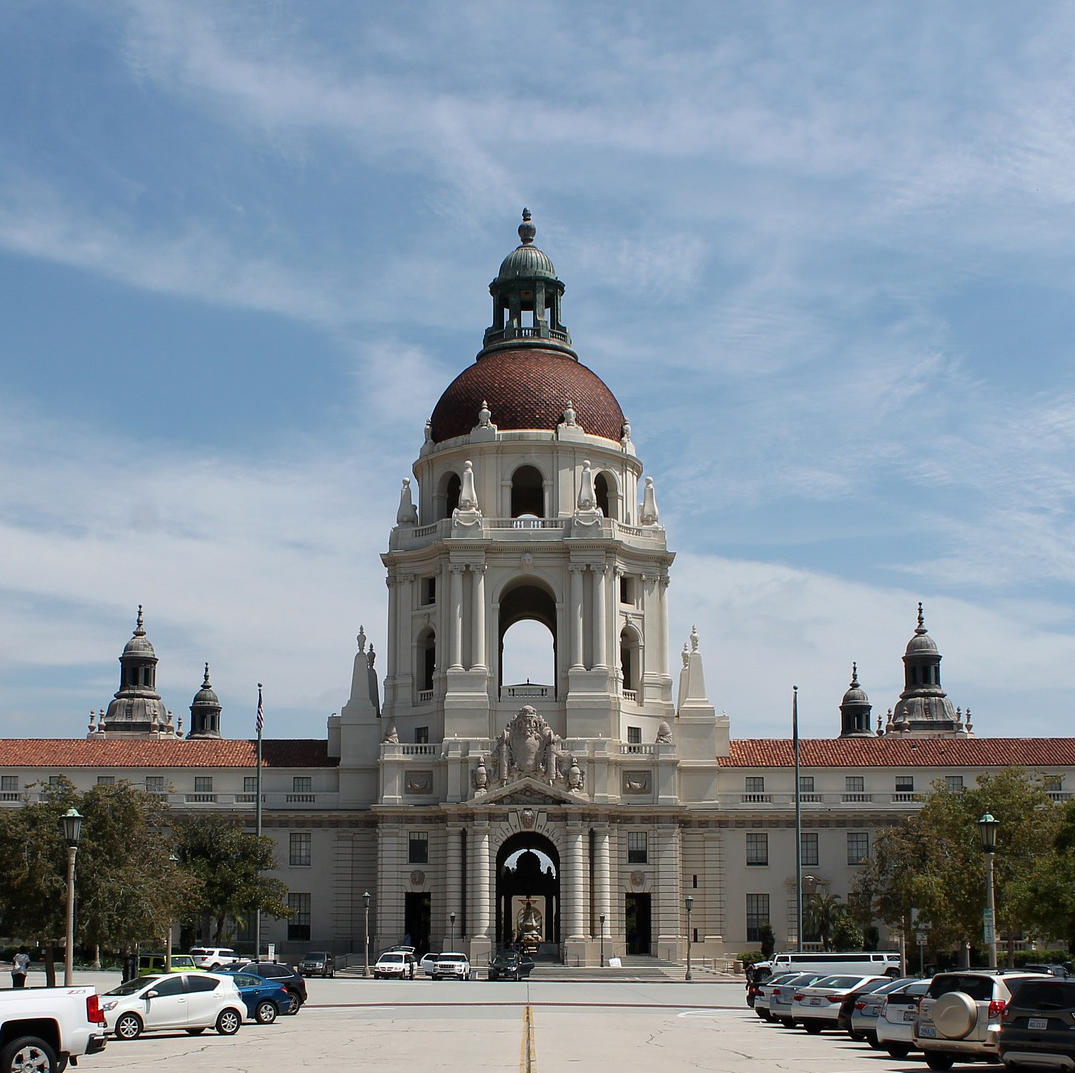
Pasadena
Regulation: Restricted
5.5 -

Paso Robles
Regulation: TBD
6.7 -

Pebble Beach
Regulation: TBD
5.4 -

Pine Valley
Regulation: TBD
6.4 -
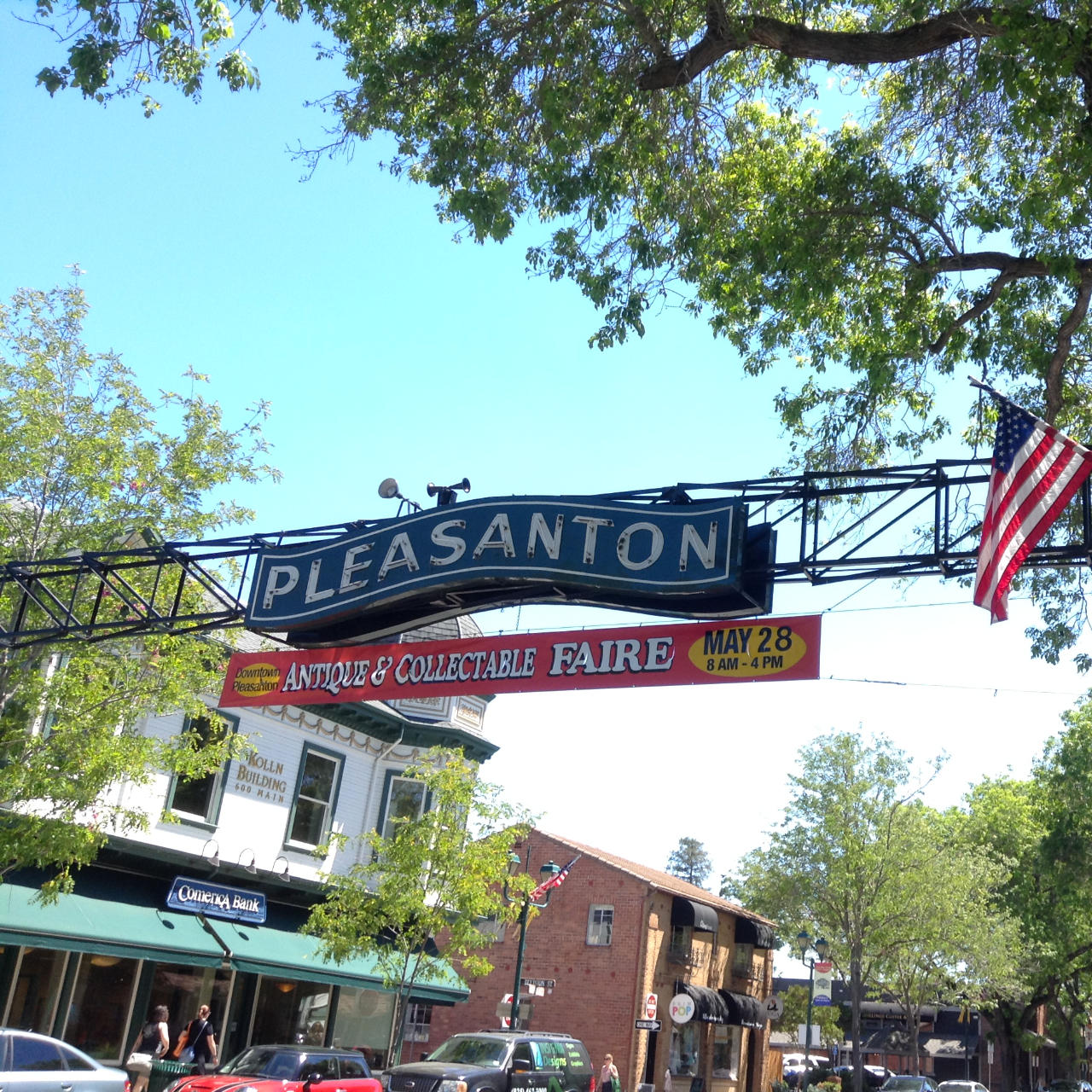
Pleasanton
Regulation: TBD
5.5 -

Pomona
Regulation: Allowed
6.6 -
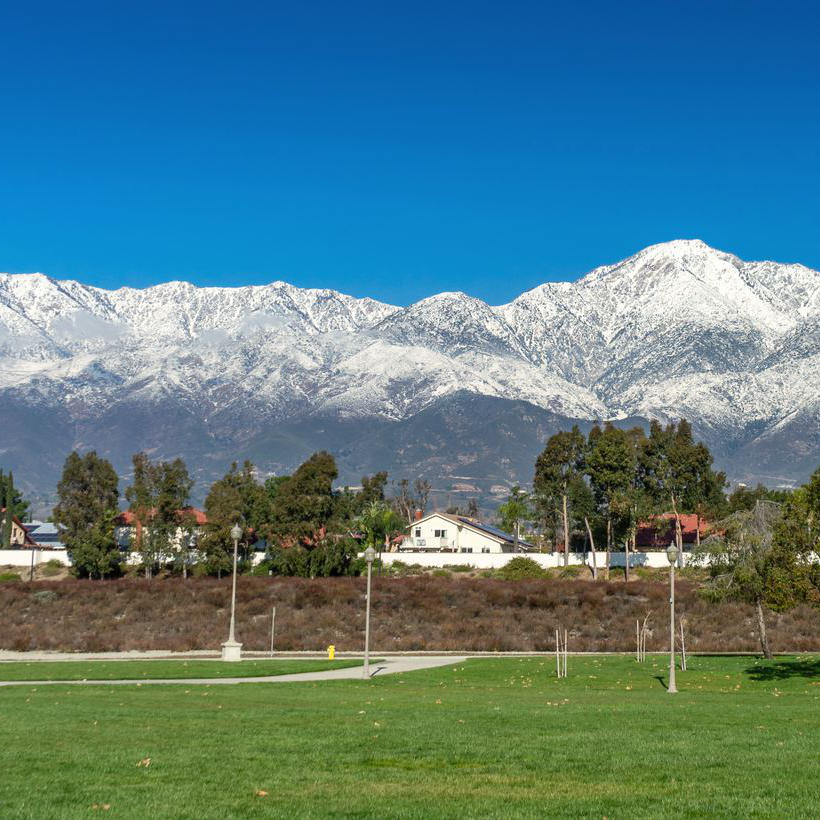
Rancho Cucamonga
Regulation: Allowed
6.8 -
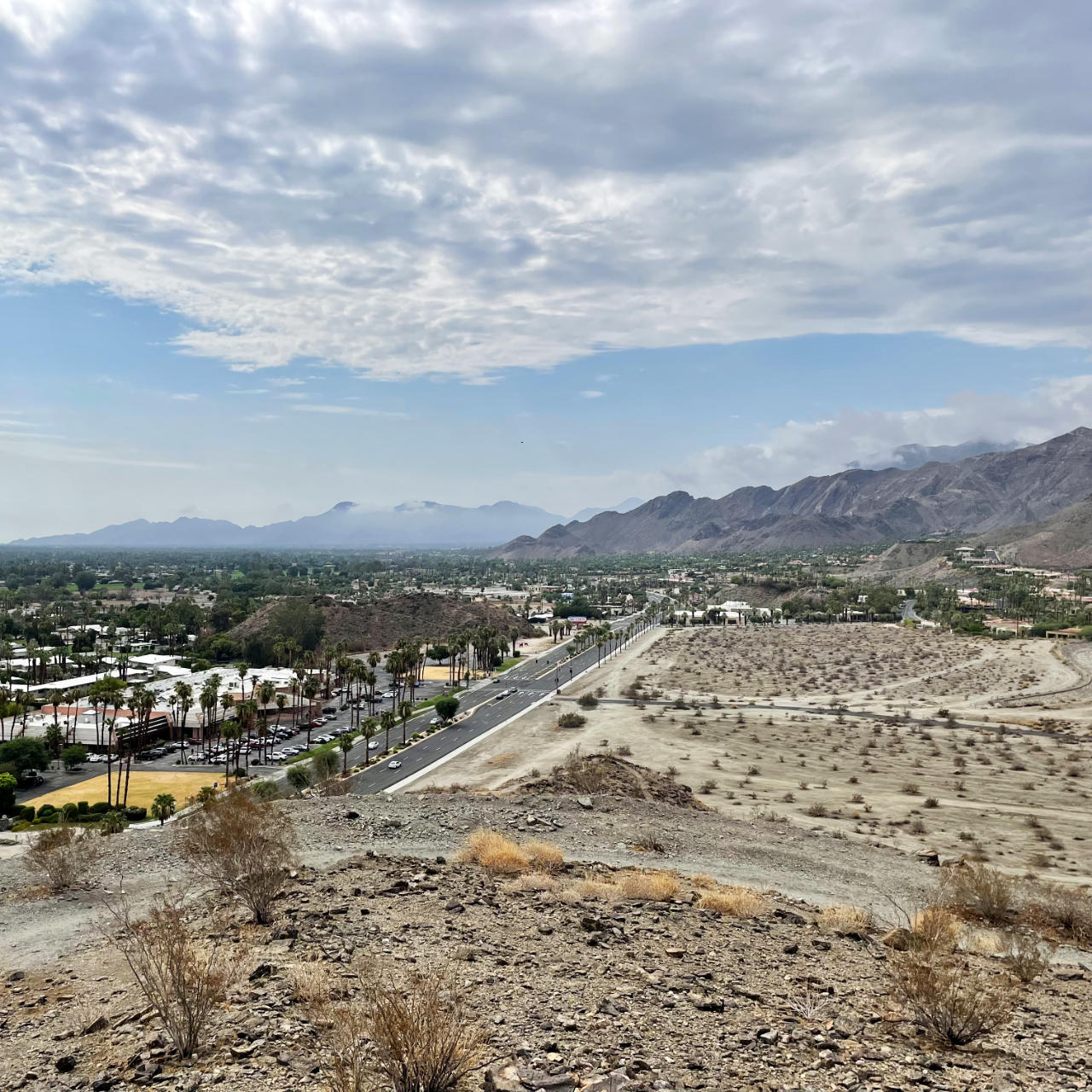
Rancho Mirage
Regulation: TBD
5.7 -

Redondo Beach
Regulation: TBD
6.0 -

Redwood City
Regulation: TBD
5.5 -

Rialto
Regulation: Not Regulated
6.2 -

Richmond
Regulation: Allowed
6.3 -

Riverside
Regulation: TBD
6.3 -
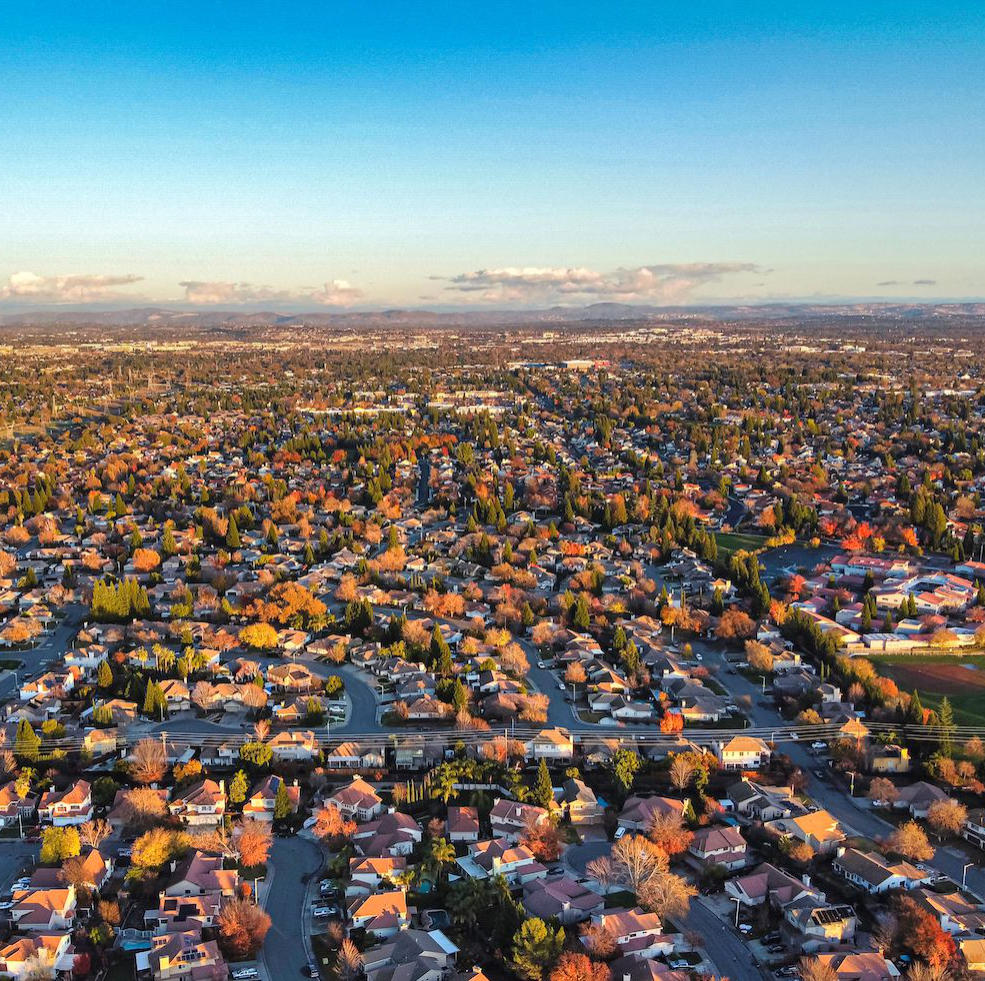
Roseville
Regulation: Restricted
5.6 -
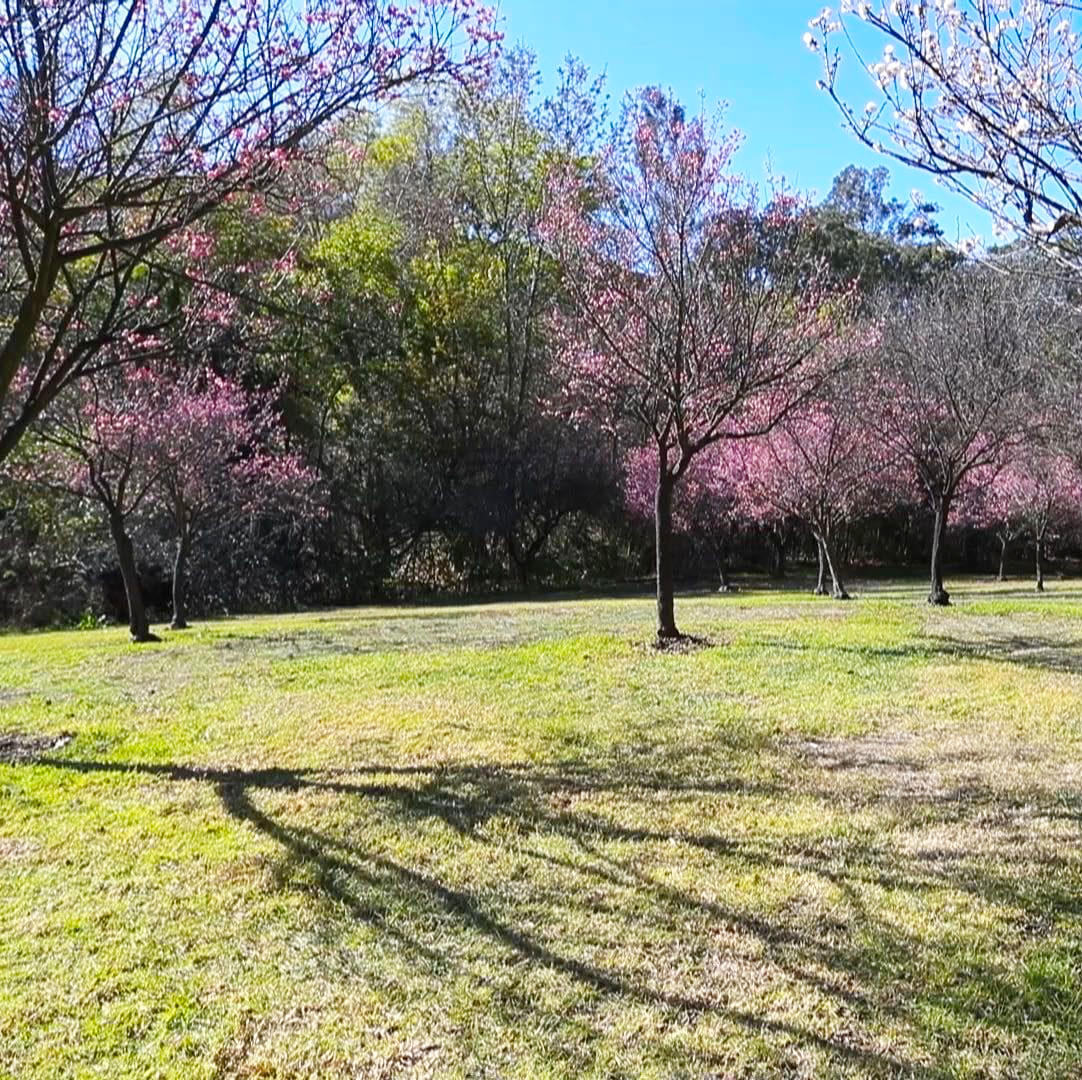
Rowland Heights
Regulation: TBD
5.4 -

Sacramento
Regulation: Restricted
5.3 -

Salinas
Regulation: Not Allowed
5.4 -

San Anselmo
Regulation: TBD
5.7 -
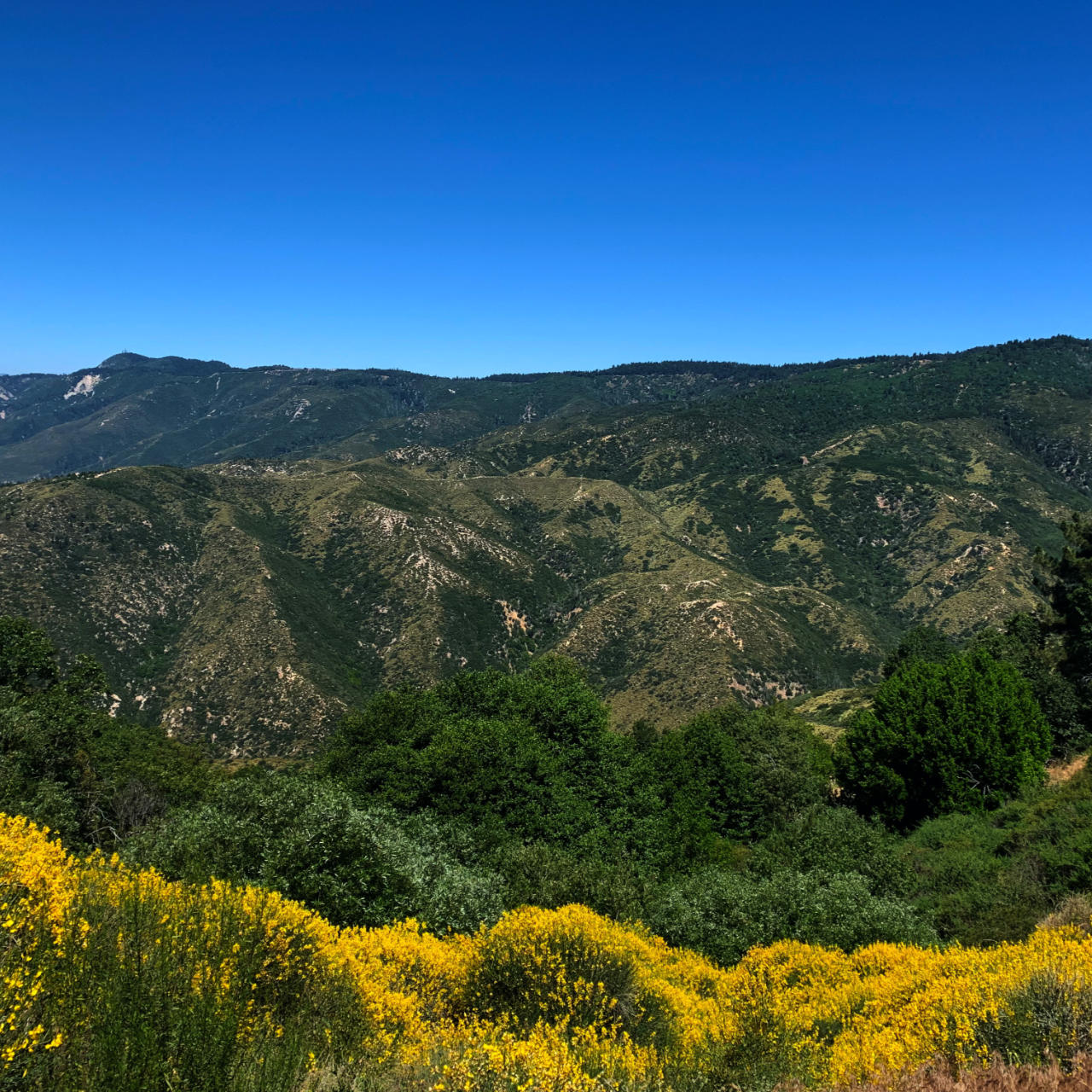
San Bernardino
Regulation: Restricted
5.6 -

San Diego
Regulation: Restricted
4.6 -

San Francisco
Regulation: Restricted
5.0 -
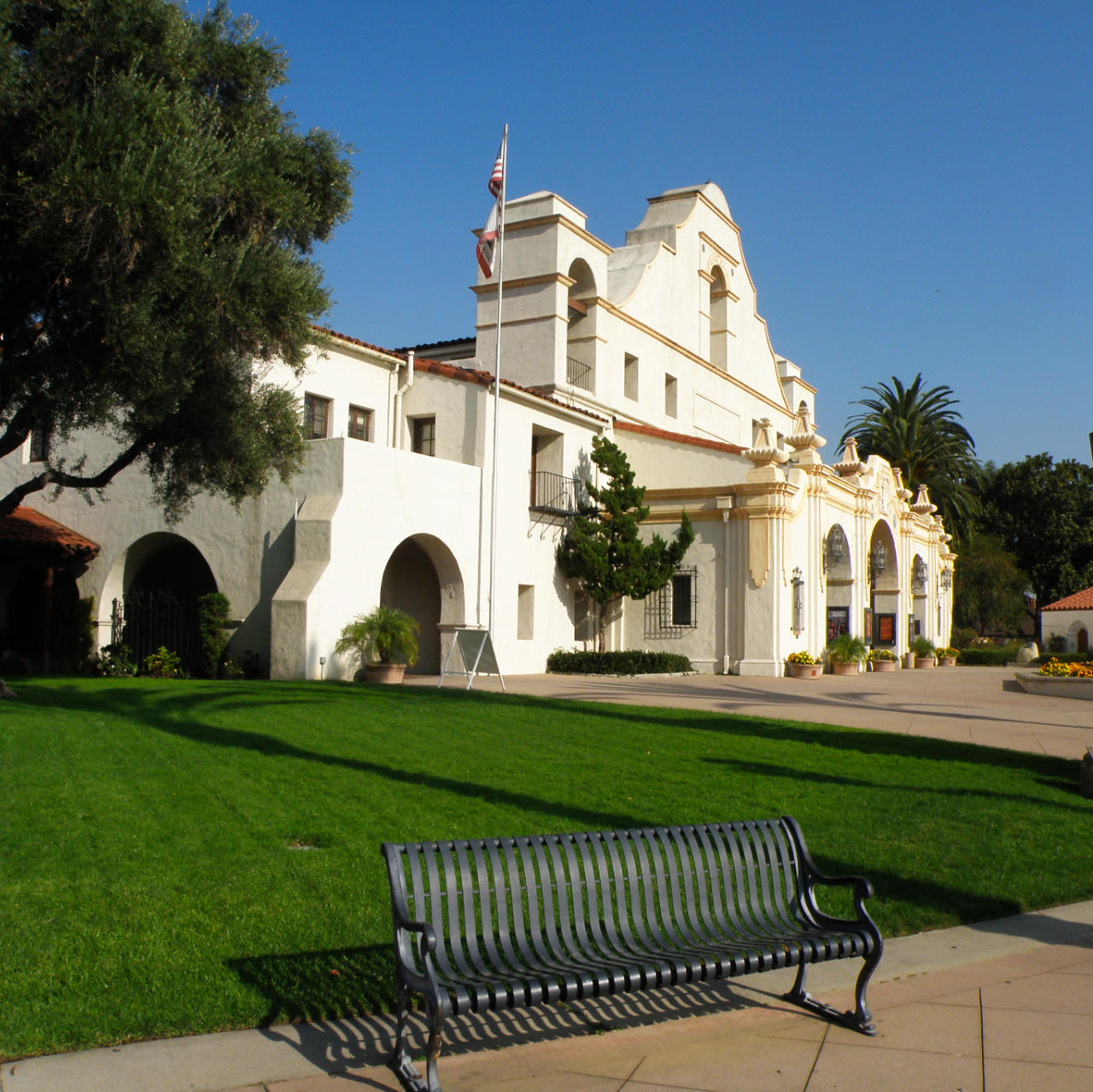
San Gabriel
Regulation: TBD
5.7 -
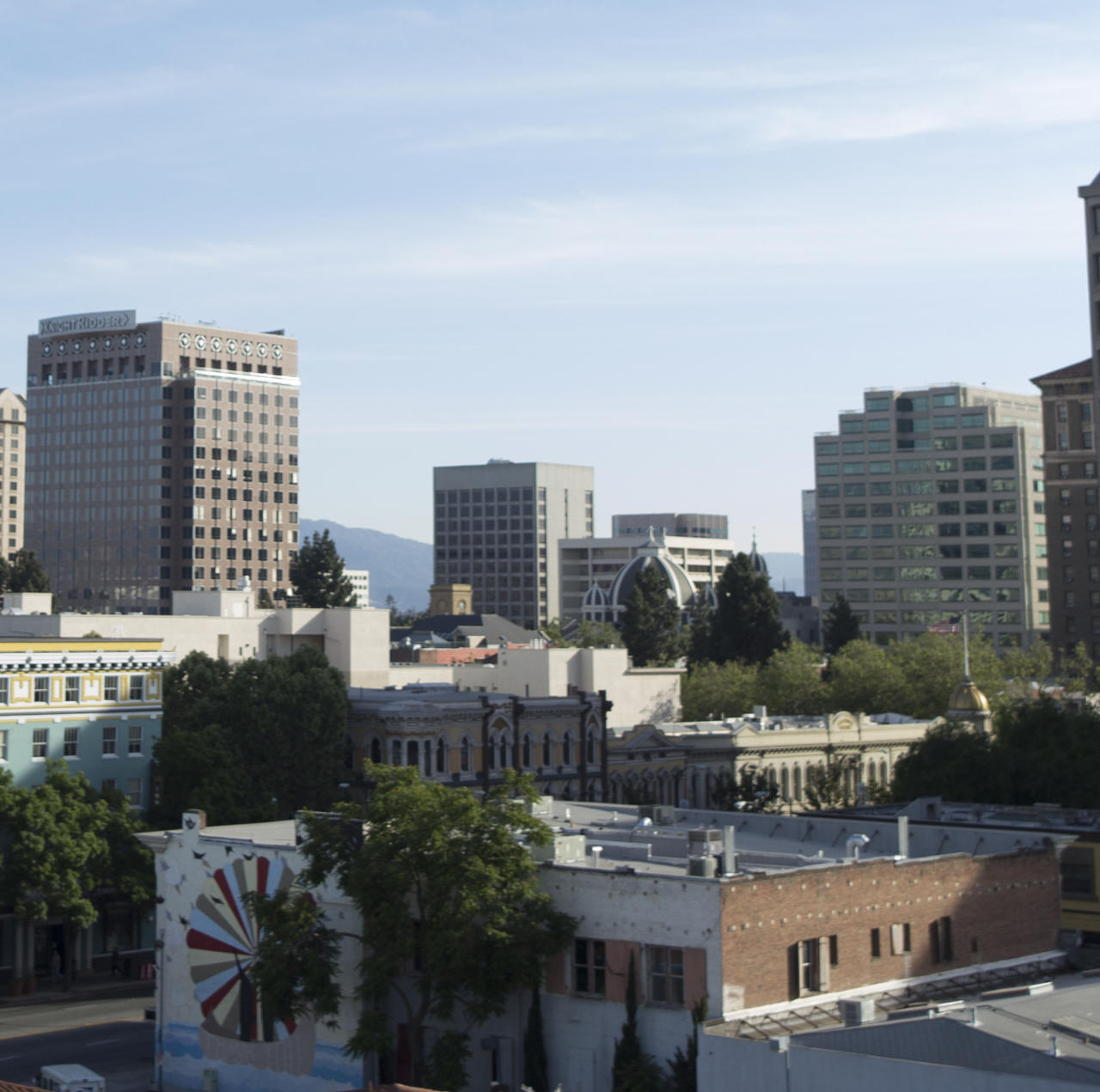
San Jose
Regulation: Allowed
5.4 -

San Leandro
Regulation: TBD
5.4 -

San Luis Obispo
Regulation: Allowed
6.1 -

San Marino
Regulation: Restricted
5.6 -
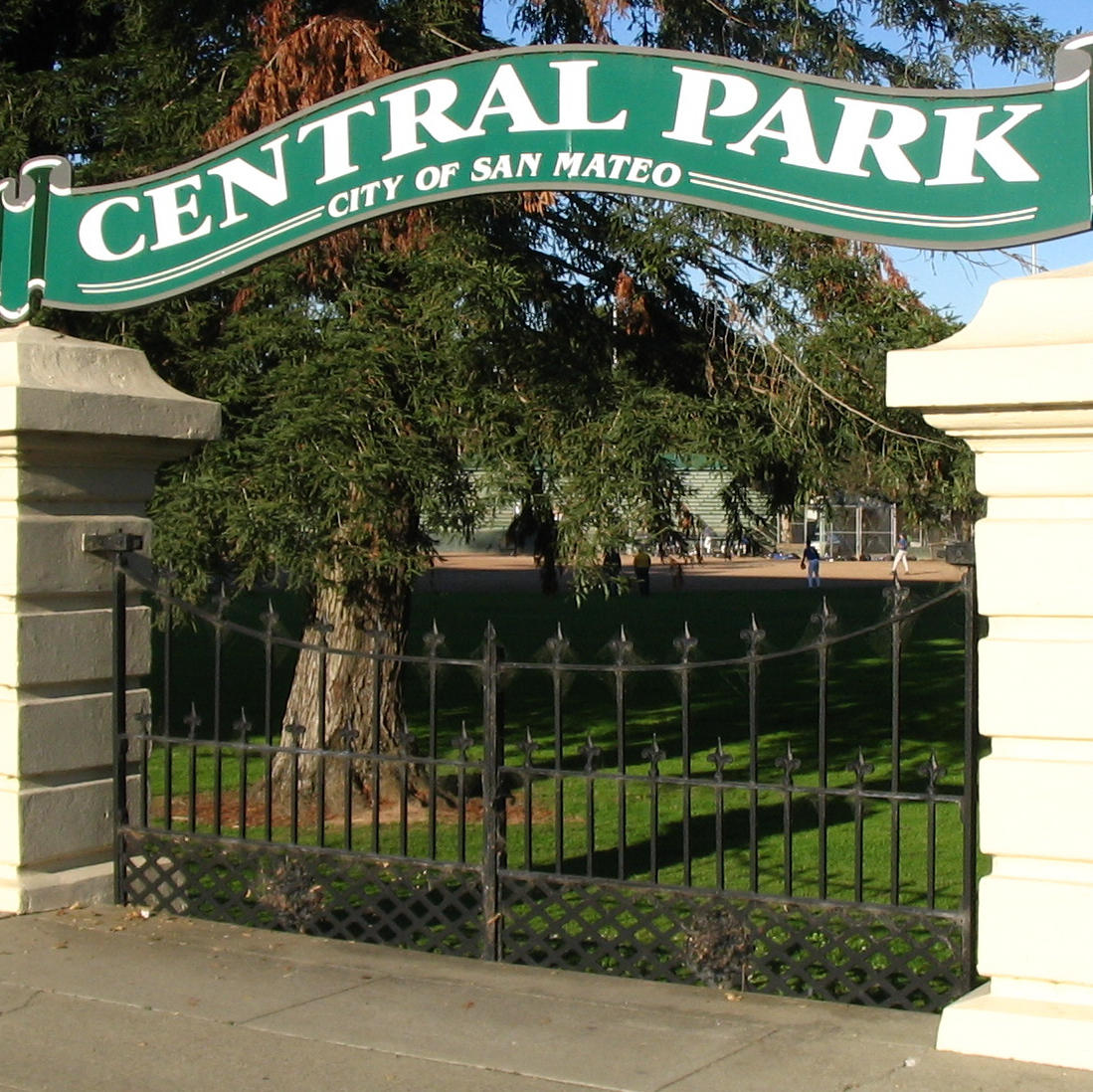
San Mateo
Regulation: Restricted
5.0 -

San Rafael
Regulation: Allowed
6.2 -

Santa Ana
Regulation: Not Allowed
4.5 -

Santa Barbara
Regulation: TBD
5.6 -

Santa Clara
Regulation: Allowed
5.8 -

Santa Clarita
Regulation: Allowed
7.1 -

Santa Cruz
Regulation: TBD
5.5 -
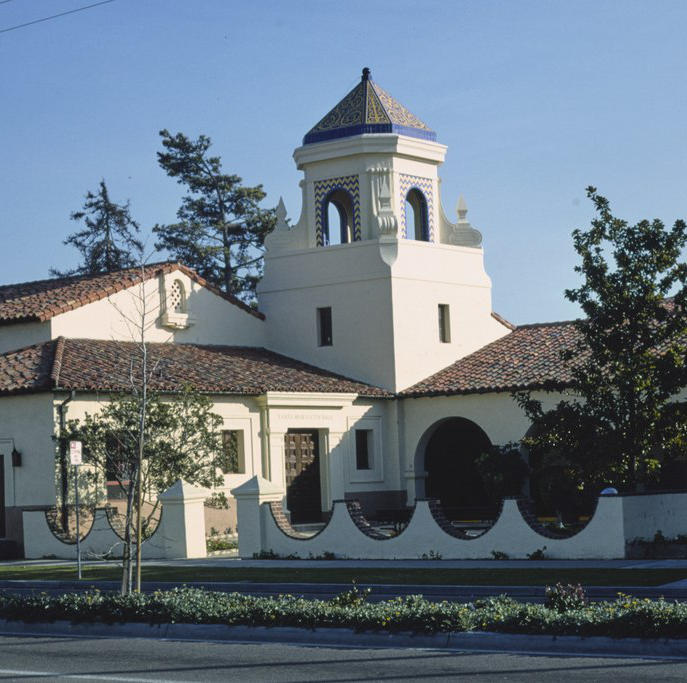
Santa Maria
Regulation: TBD
6.2 -
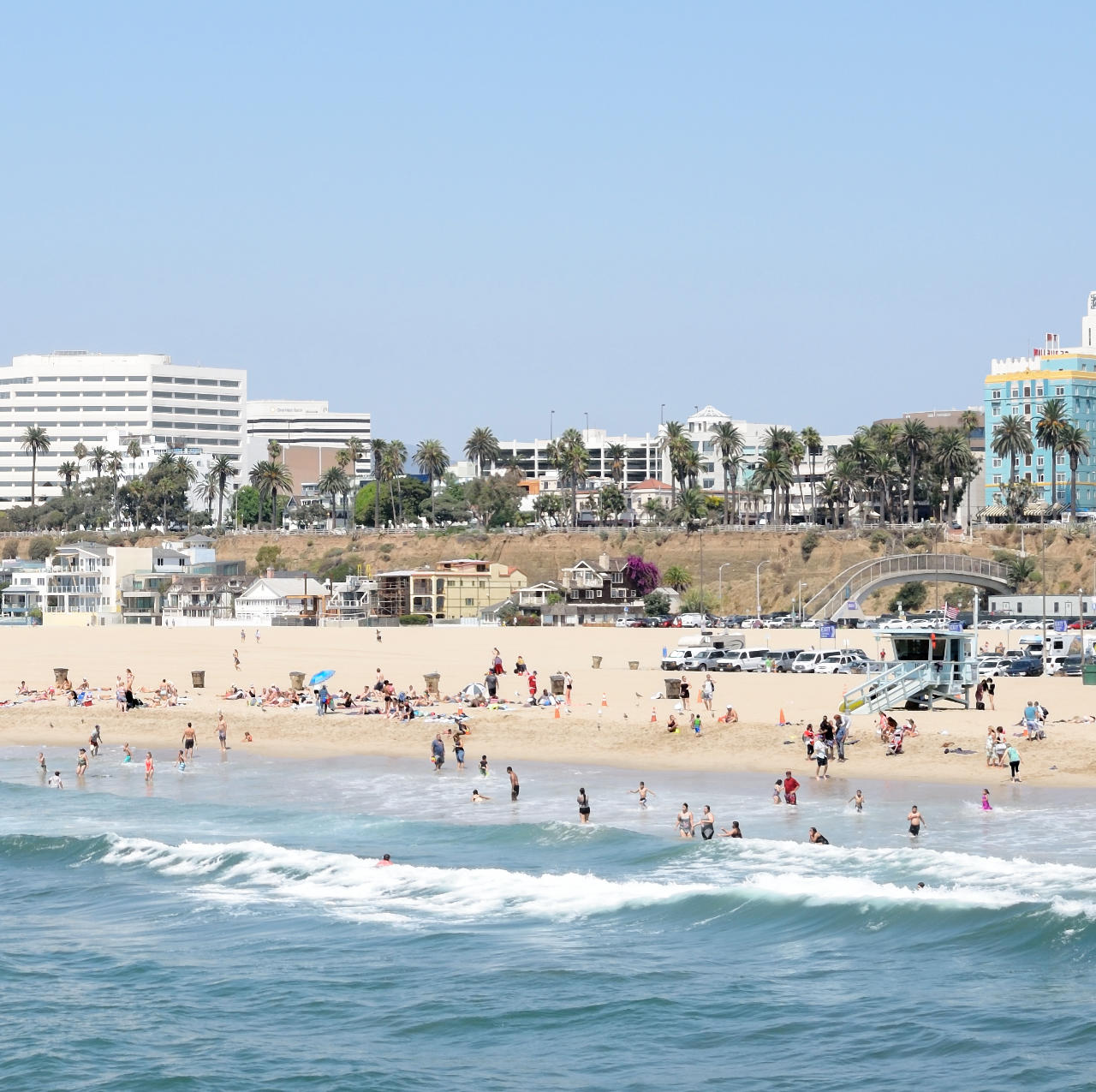
Santa Monica
Regulation: TBD
5.3 -

Santa Rosa
Regulation: Restricted
6.0 -
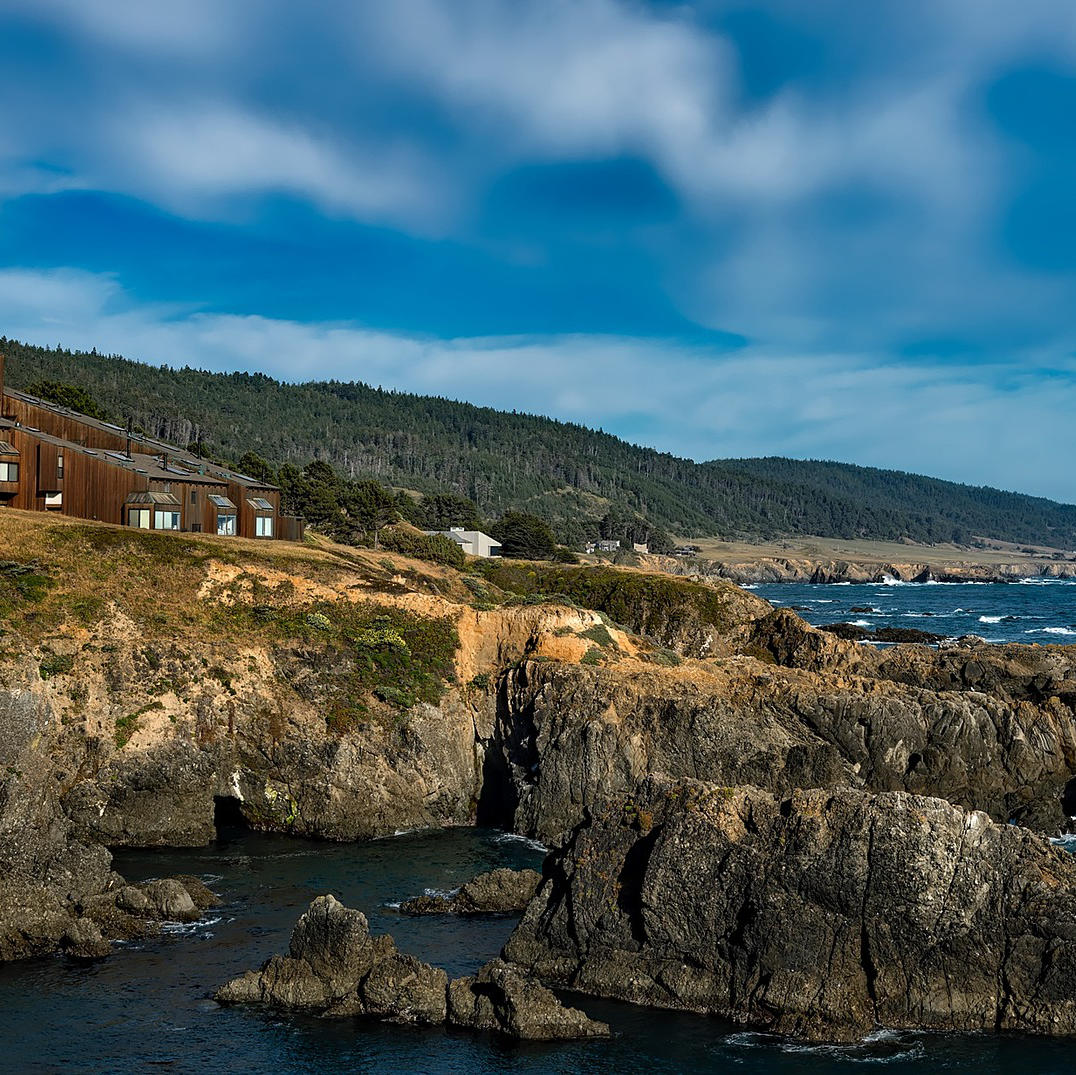
Sea Ranch
Regulation: TBD
5.3 -
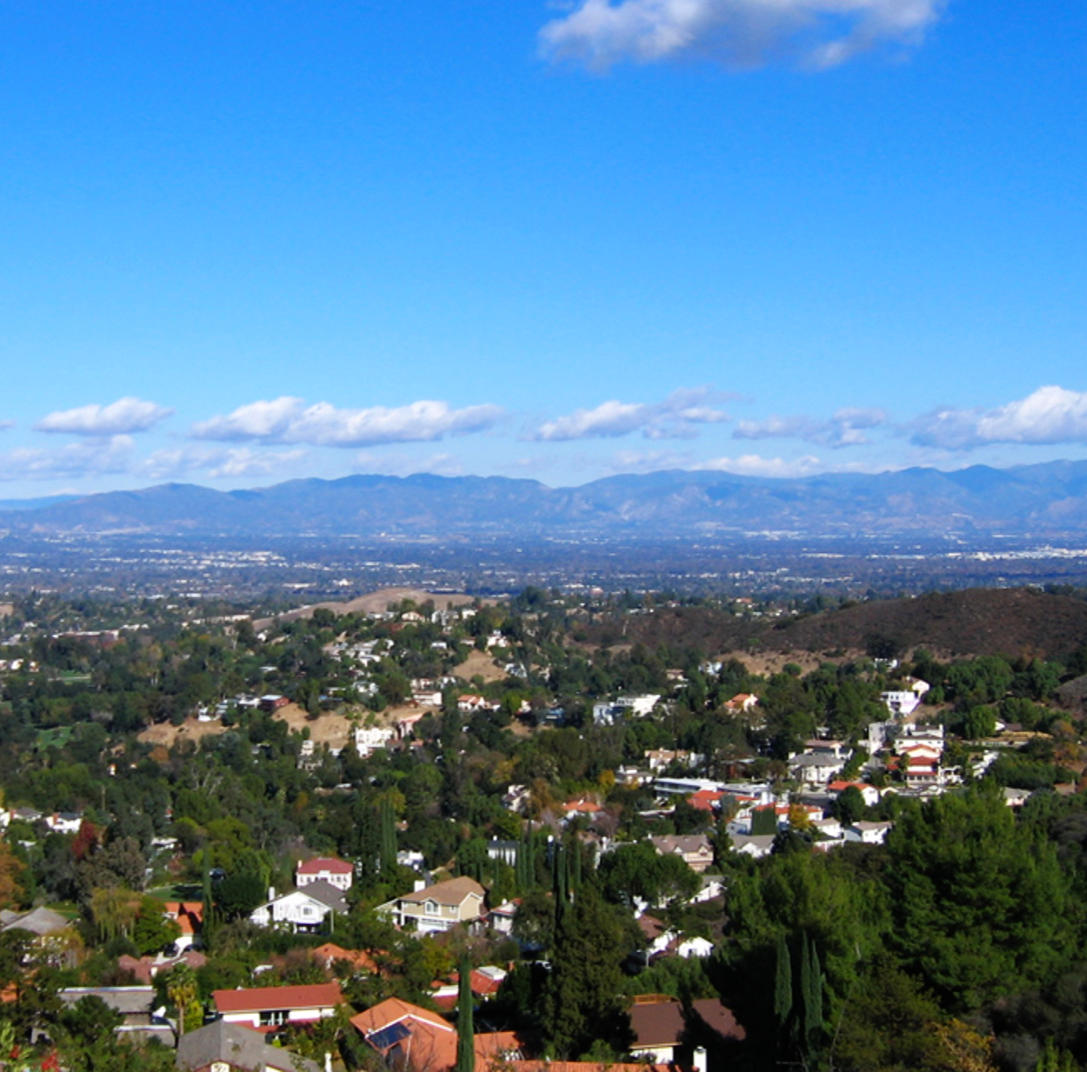
Sherman Oaks
Regulation: TBD
5.7 -

Simi Valley
Regulation: Restricted
6.6 -

Sonoma
Regulation: TBD
6.4 -

South Lake Tahoe
Regulation: TBD
5.0 -

Squaw Valley
Regulation: TBD
4.6 -
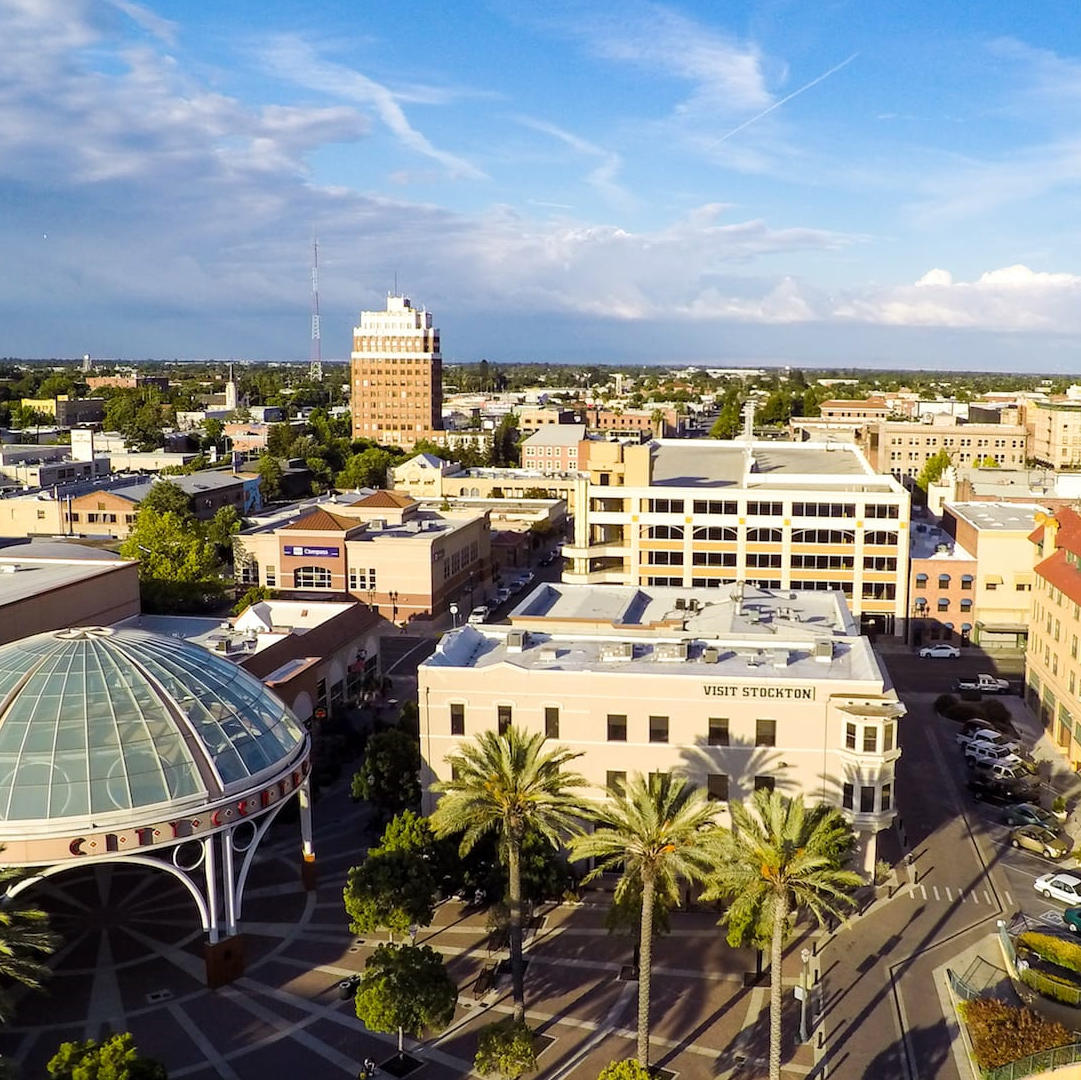
Stockton
Regulation: Allowed
7.6 -

Sunnyvale
Regulation: Restricted
4.6 -

Temecula
Regulation: Not Allowed
5.5 -
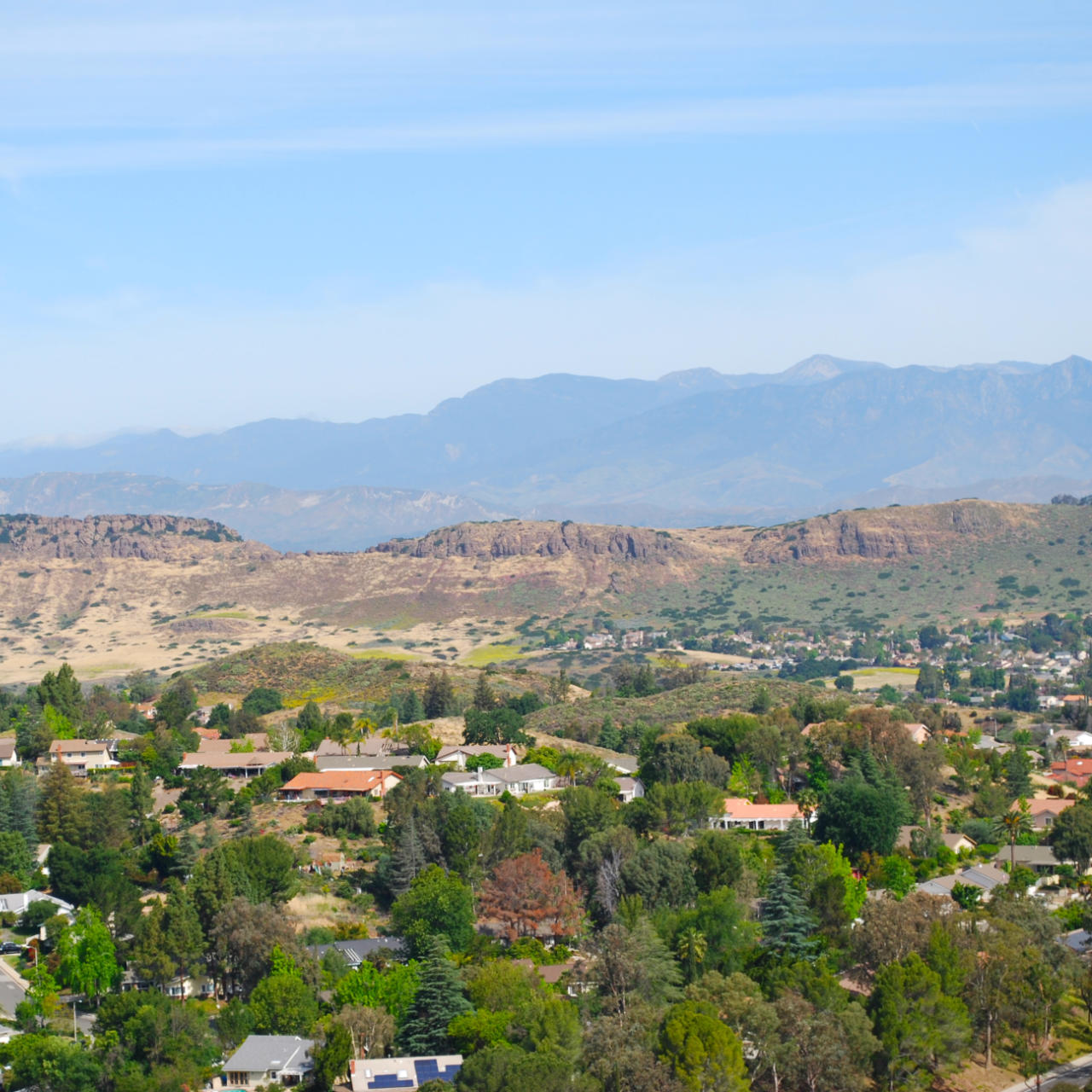
Thousand Oaks
Regulation: TBD
5.9 -

Three Rivers
Regulation: TBD
5.5 -

Torrance
Regulation: Allowed
5.8 -

Truckee
Regulation: TBD
5.0 -

Vacaville
Regulation: Not Allowed
5.1 -

Vallejo
Regulation: Not Regulated
6.5 -

Venice Beach
Regulation: TBD
5.8 -

Ventura
Regulation: Allowed
7.1 -
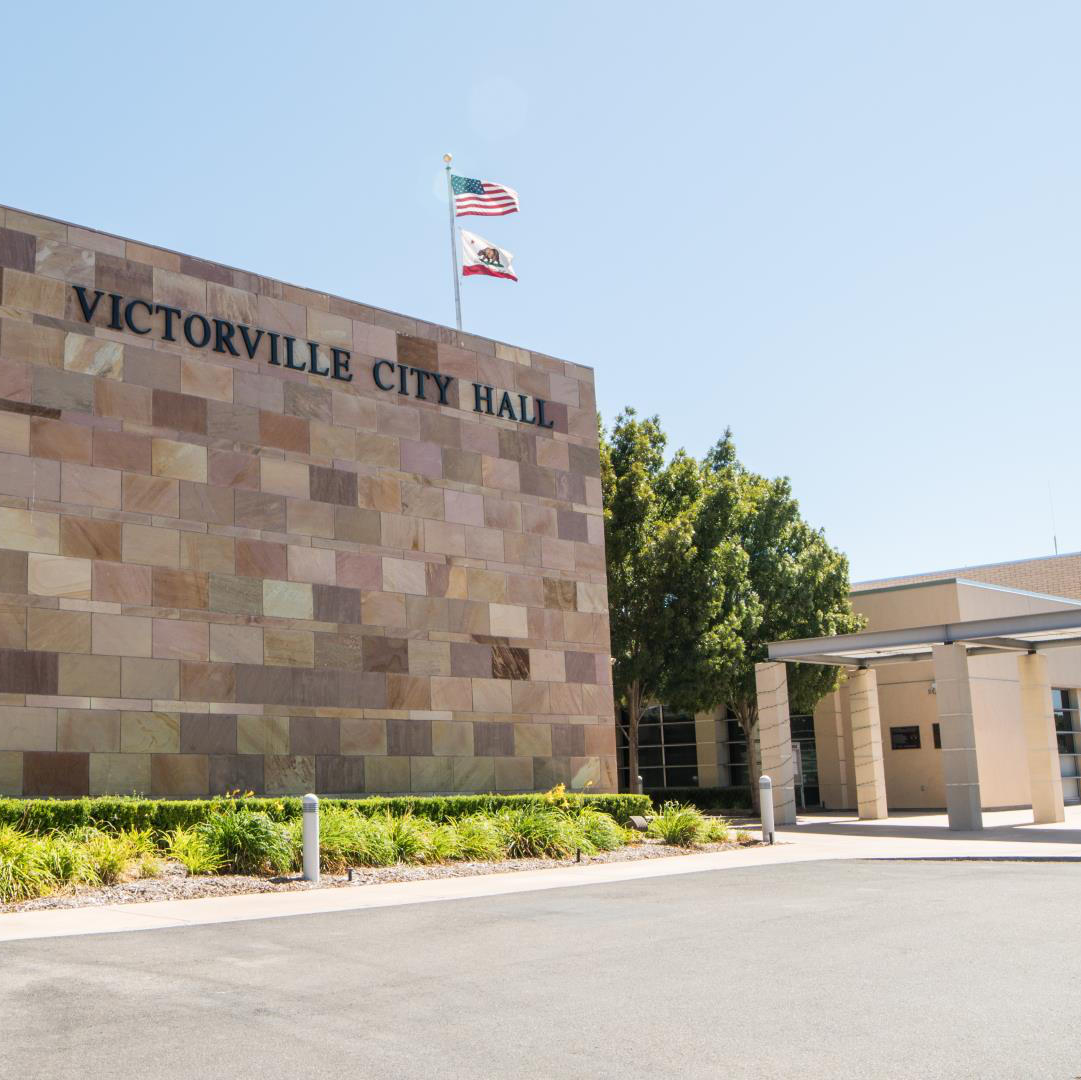
Victorville
Regulation: TBD
5.5 -
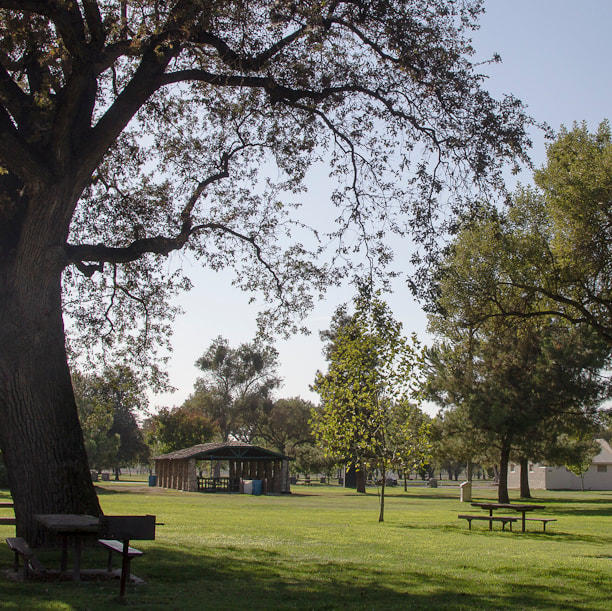
Visalia
Regulation: TBD
7.0 -
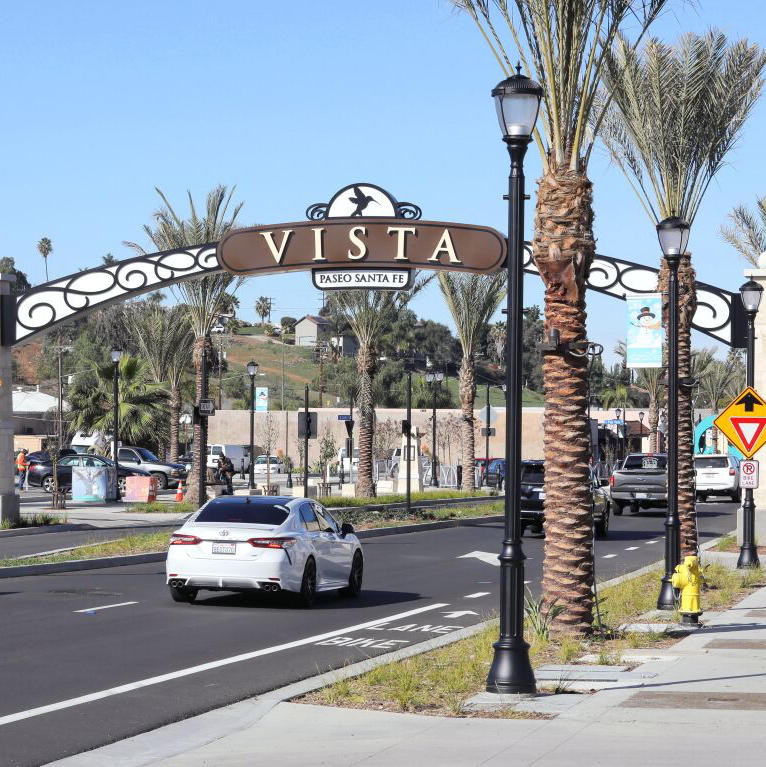
Vista
Regulation: TBD
5.1 -

Walnut Creek
Regulation: Restricted
5.5 -
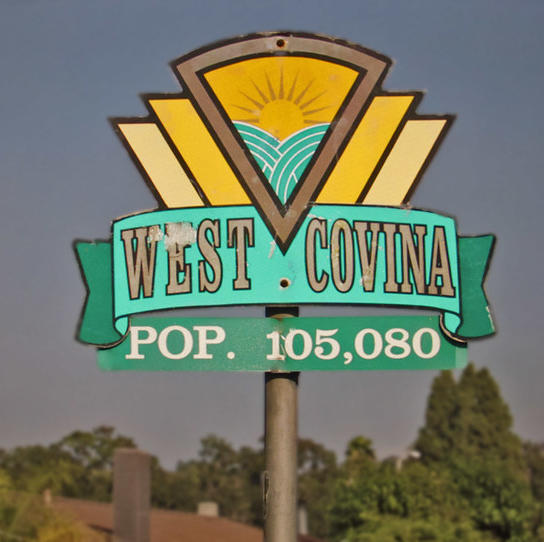
West Covina
Regulation: Not Allowed
4.6 -

Yucca Valley
Regulation: TBD
6.8

